Every day, gecko parents unknowingly put their pets at risk — simply by feeding them undernourished Dubia roaches. You might think you're giving your gecko the best diet, but if your Dubia roaches aren’t properly fed, they’re nothing more than empty shells. Malnourished feeders lead to weak, lethargic geckos, metabolic bone disease (MBD), and even early death.
Your gecko’s health depends entirely on what you feed your Dubia roaches. If your feeders aren’t packed with nutrients, your gecko isn’t getting them either.
Why Dubia Roaches Are the Best Feeder Insect
Dubia roaches are a staple in reptile diets because they’re:
- High in protein – Essential for gecko growth and muscle development.
- Low in fat – A healthier option compared to superworms or mealworms.
- Easy to digest – Their soft bodies make them perfect for all gecko sizes.
- Longer lifespan – Unlike crickets, they don’t die off quickly.
But here’s the problem: If you’re not feeding them right, they’re not passing on the essential nutrients your gecko needs. Just like your gecko, Dubia roaches need a well-balanced diet to stay healthy. What you feed them directly impacts the nutrients they pass on to your reptile.
What Should Dubia Roaches Eat?
1. High-Quality Gut-Loading Foods
Gut-loading is the most important step in ensuring your gecko gets proper nutrition. Before feeding Dubia roaches to your gecko, they should be eating nutrient-dense foods for at least 24–48 hours.
The best gut-loading foods include:
- Fresh Vegetables: Carrots, squash, sweet potatoes, leafy greens (like kale and collard greens).
- Fresh Fruits: Apples, oranges, papaya, mango, and berries.
- High-Protein Foods: Chickpea flour, lentils, fish flakes, or high-quality dry dog food (in moderation).
Pro Tip: Using a Geckopia Dubia Bowl makes it easy to offer fresh gut-loading food without mess, ensuring your roaches eat only the best.
2. Hydration Sources
Hydration is often overlooked, but dehydrated Dubia roaches are nearly useless as feeders. They become weak, lack essential moisture, and pass on zero hydration to your gecko.
Best hydration options:
- Fresh fruits & vegetables
- Water crystals (safe and easy to use)
- Moist paper towels in a shallow dish
Avoid:
- Standing water dishes—Dubia roaches can drown easily.
What Dubia Roaches Should NEVER Eat
Some foods are toxic to Dubia roaches and can make your gecko sick. Never feed your roaches:
- Citrus peels – High acidity can harm them.
- Onions & garlic – Toxic and can cause digestive issues.
- Processed or sugary foods – Junk food makes them unhealthy for your gecko.
- Moldy or spoiled food – Can lead to bacterial infections.
If you want strong, healthy roaches that provide real nutrition to your gecko, their diet must be clean and balanced.
How Often Should You Feed Dubia Roaches?
- For your roaches: Offer food every other day. Remove leftovers to prevent mold.
- For your gecko: Dust Dubia roaches with calcium powder and feed 2-3 times a week.
A balanced diet for your roaches means a healthier diet for your gecko!
Best Way to Store Dubia Roaches
If your Dubia roaches aren’t stored properly, they’ll become weak and die off quickly — leaving you with nutrient-deficient feeders or worse, no feeders at all.
Here’s how to keep them in top condition:
- Temperature: Keep them between 80-90°F for optimal health.
- Ventilation: Use a well-ventilated plastic bin with egg crates for hiding spots.
- Food Rotation: Remove uneaten food every 48 hours to prevent mold.
- Clean Habitat: Wipe out debris and replace old food regularly.
Using a Geckopia Triple Dish makes food storage cleaner and more efficient, reducing waste and keeping your roaches well-fed.
Don’t Let Your Gecko Starve from the Inside Out
Most gecko parents focus on feeding their pets but forget that the real nutrition starts with the feeder insects. If your Dubia roaches are weak and malnourished, your gecko is eating nothing but empty calories.
Make sure your feeders are properly gut-loaded, hydrated, and stored to keep your gecko strong, active, and thriving.
What do you feed your Dubia roaches? Drop your tips in the comments below!








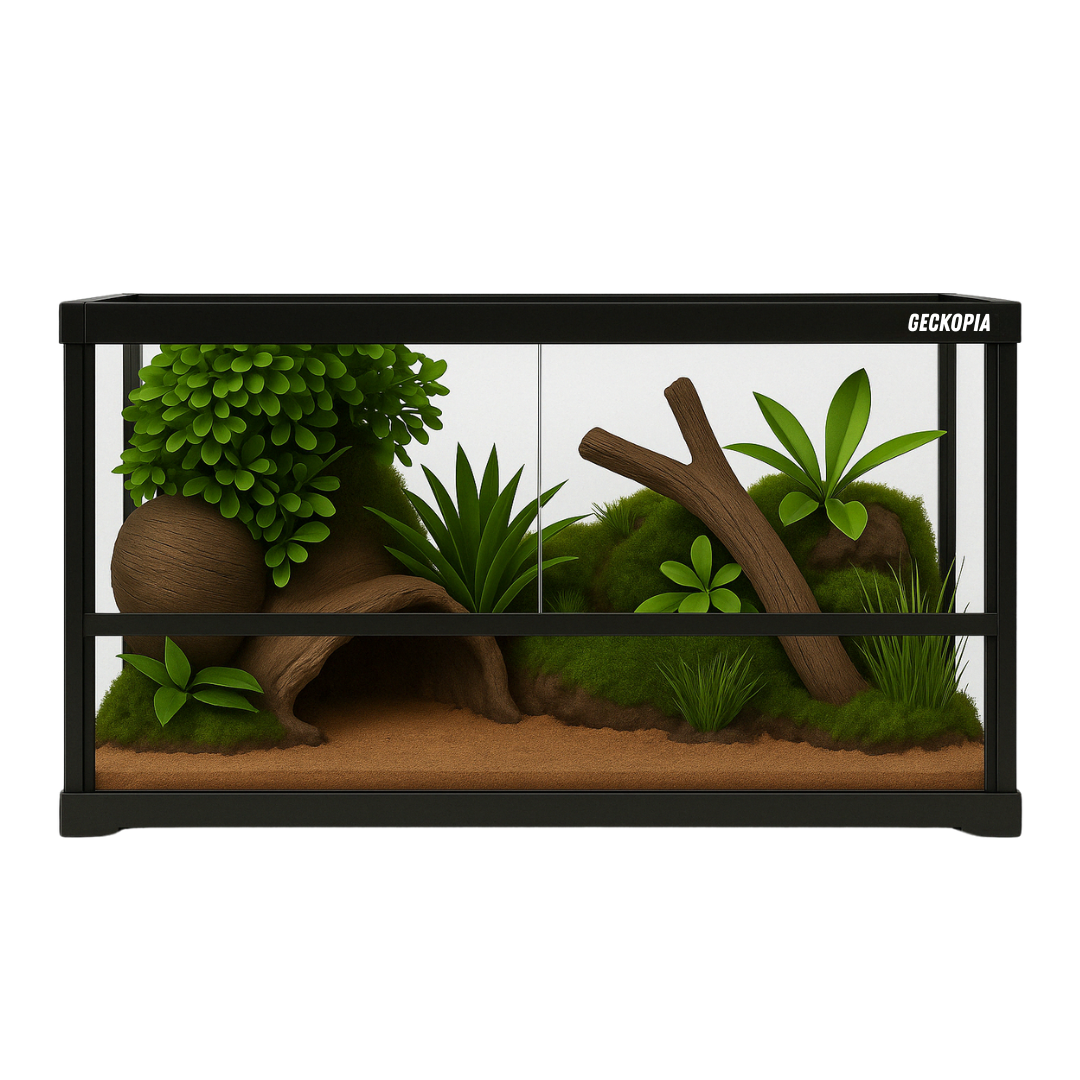
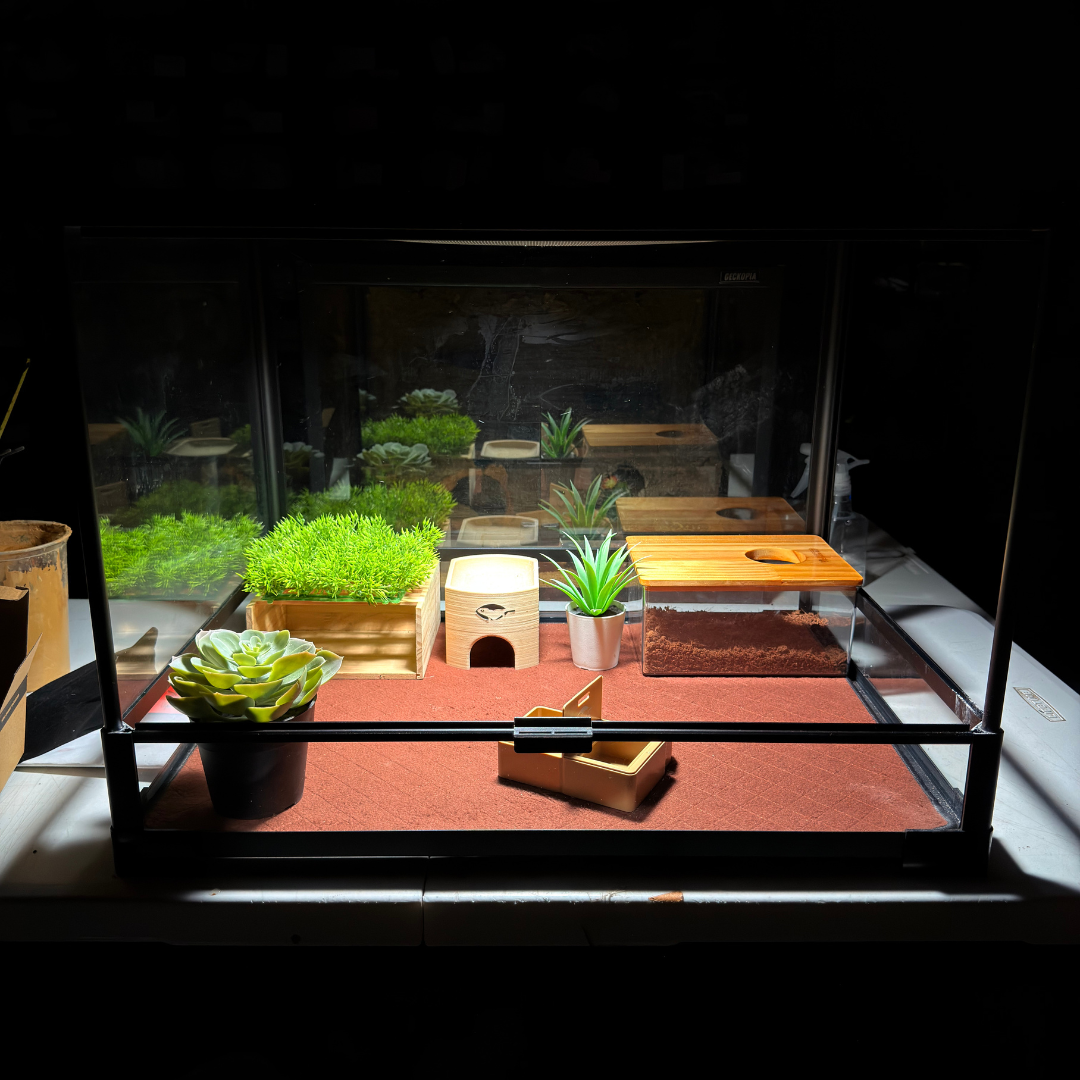
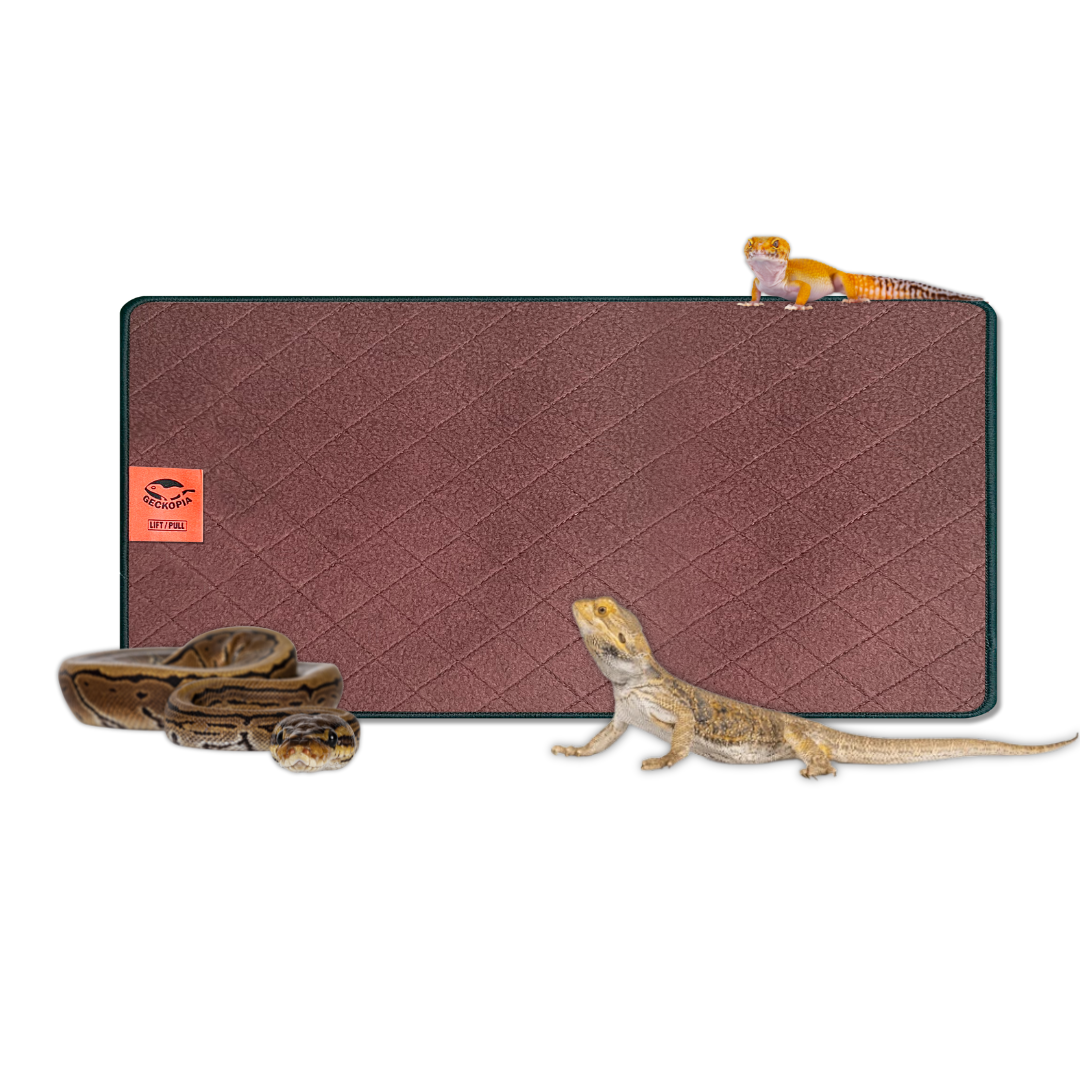
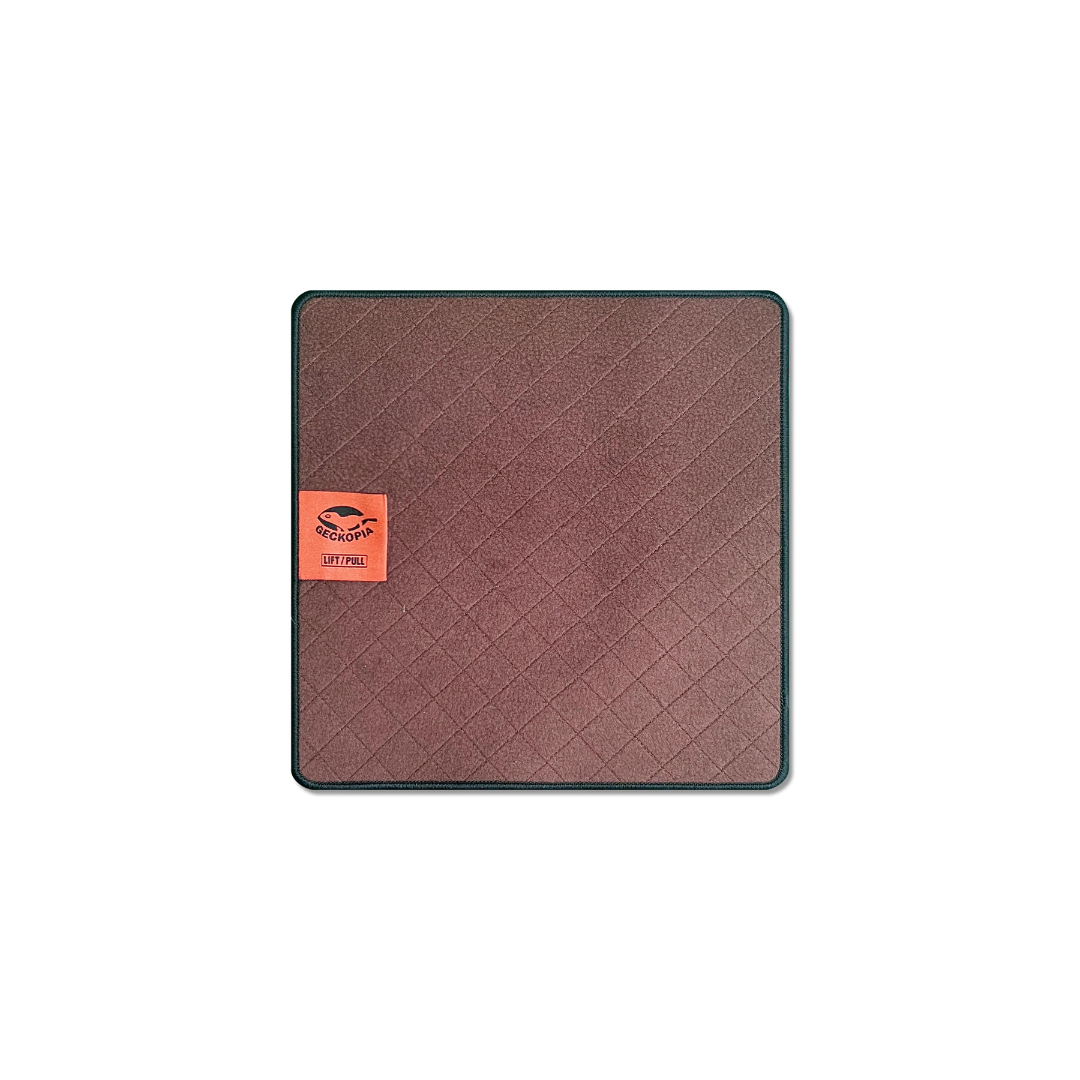
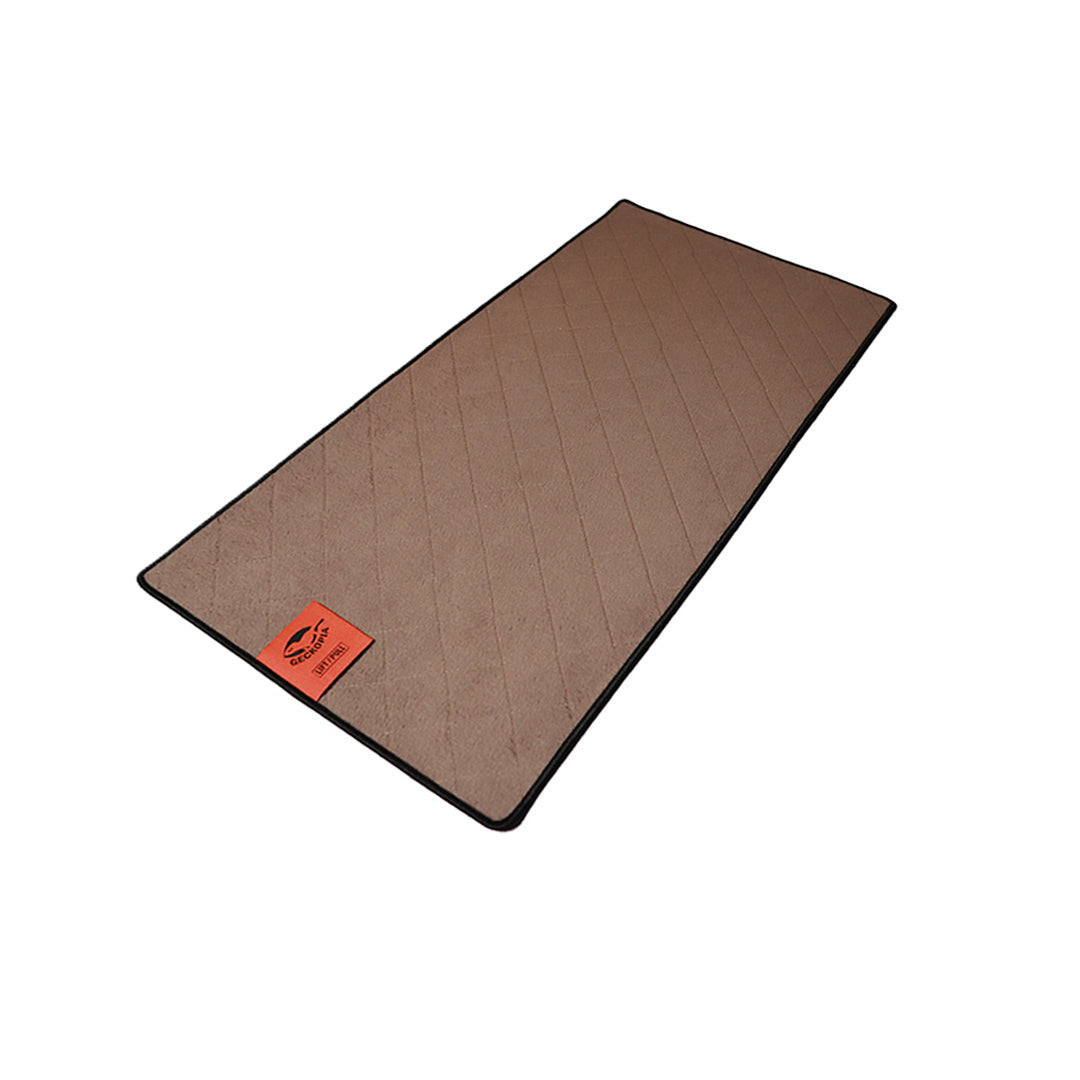
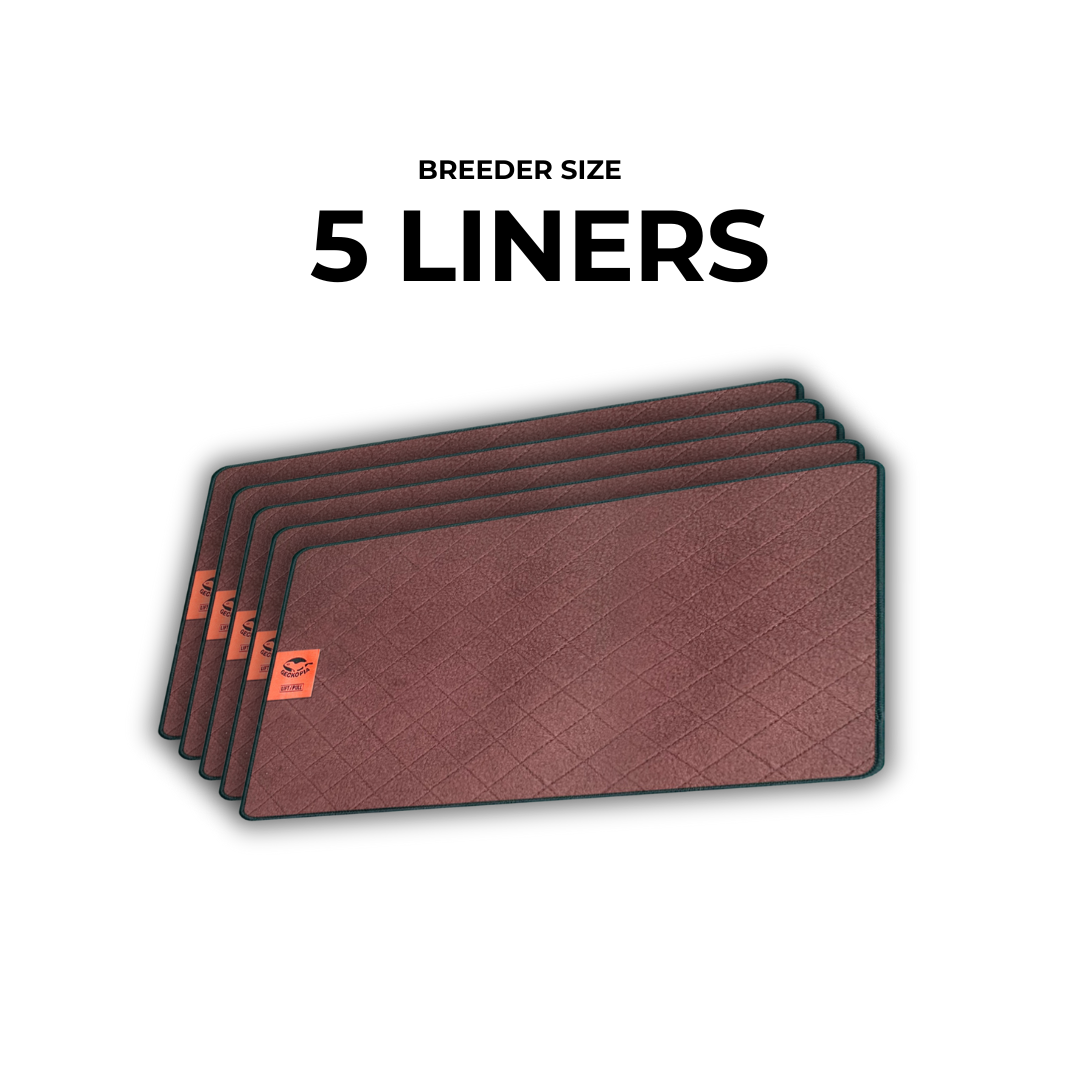
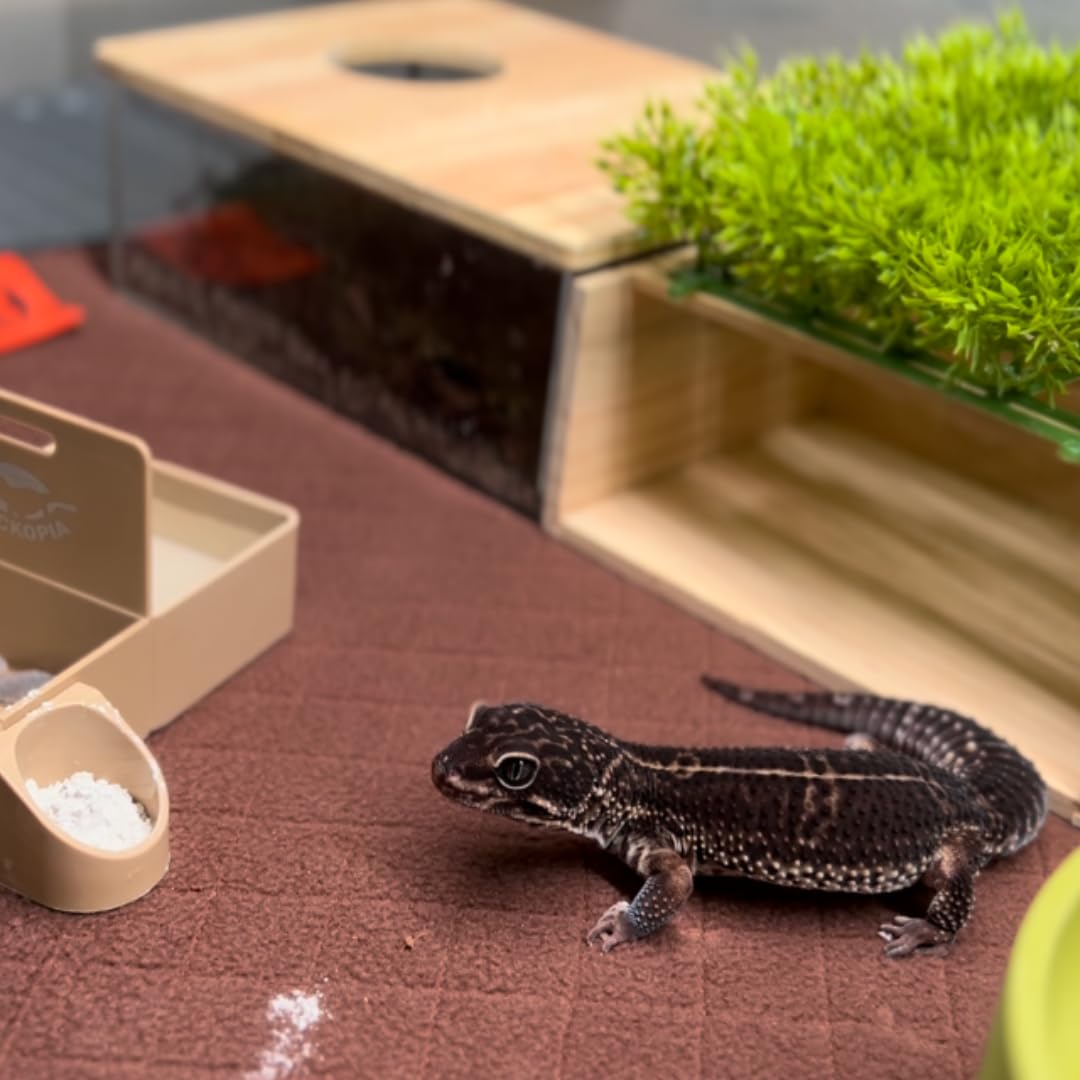
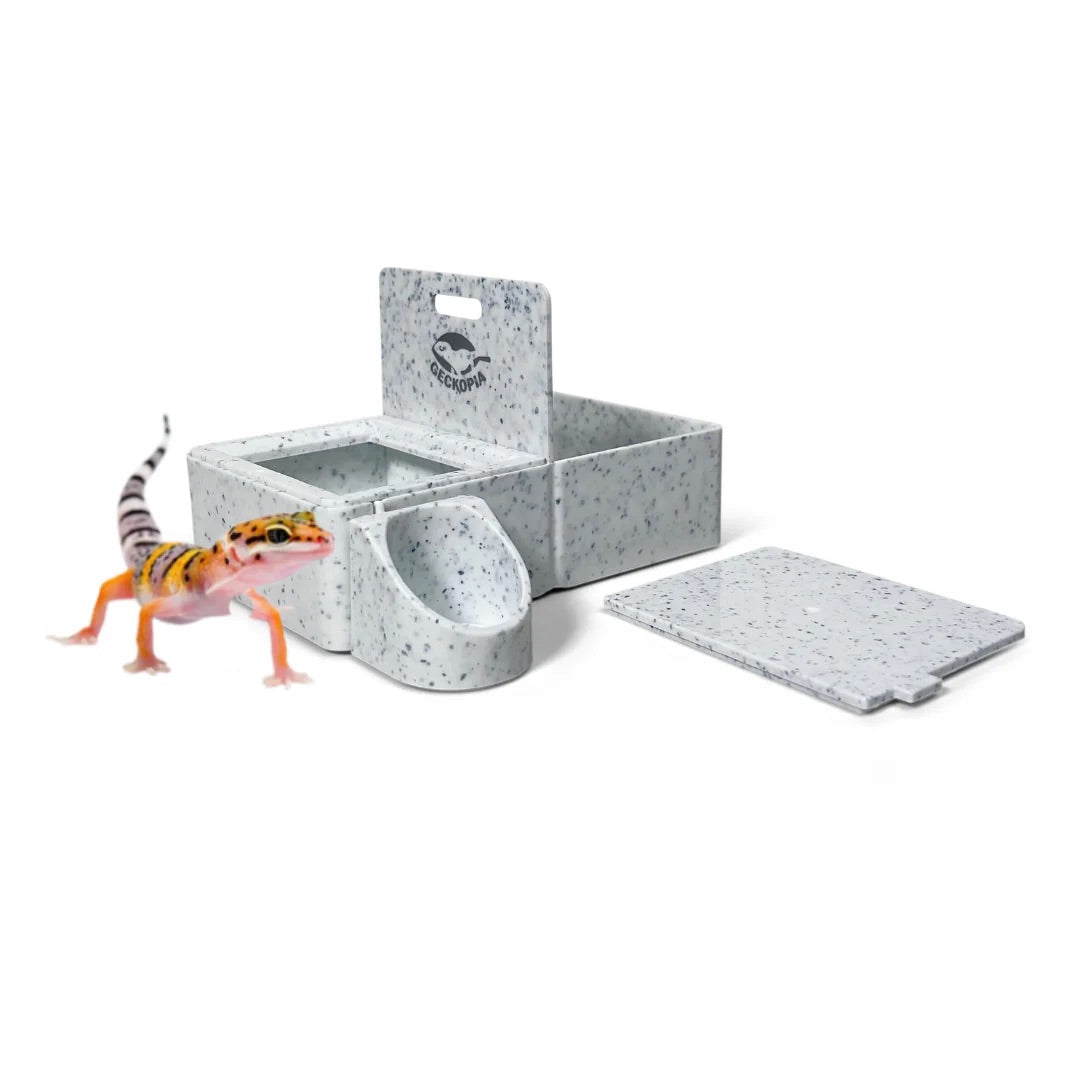

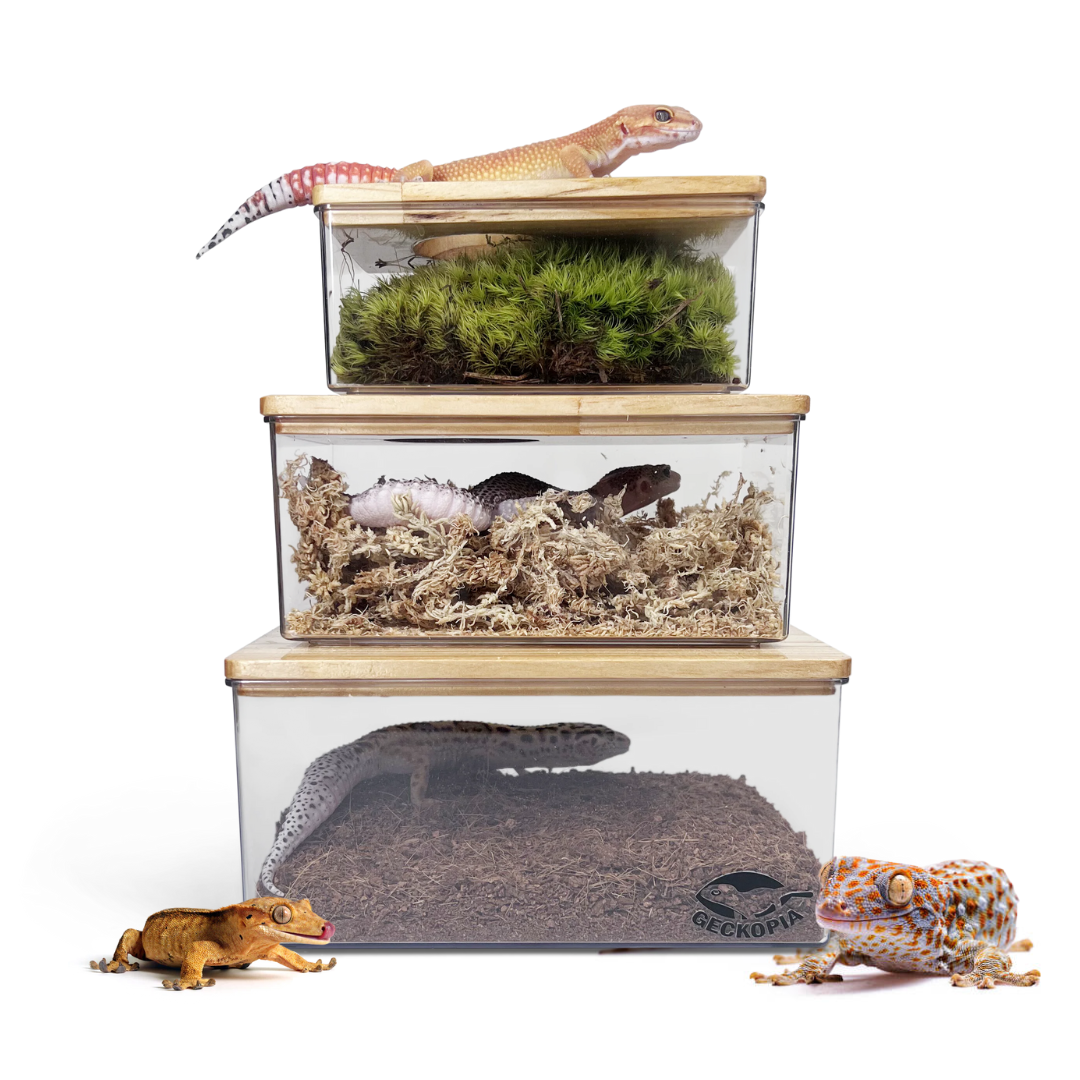
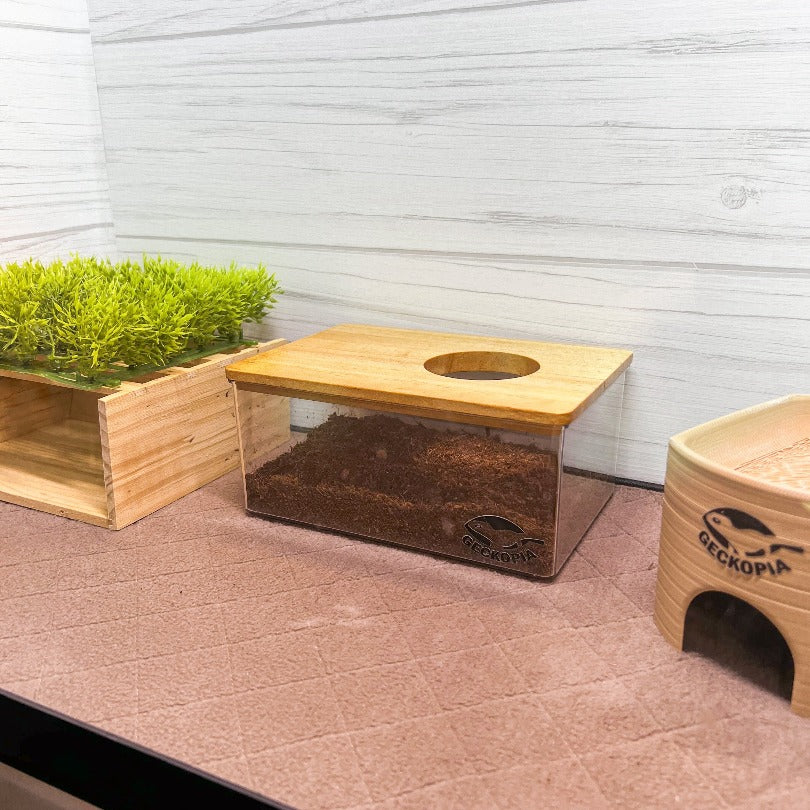
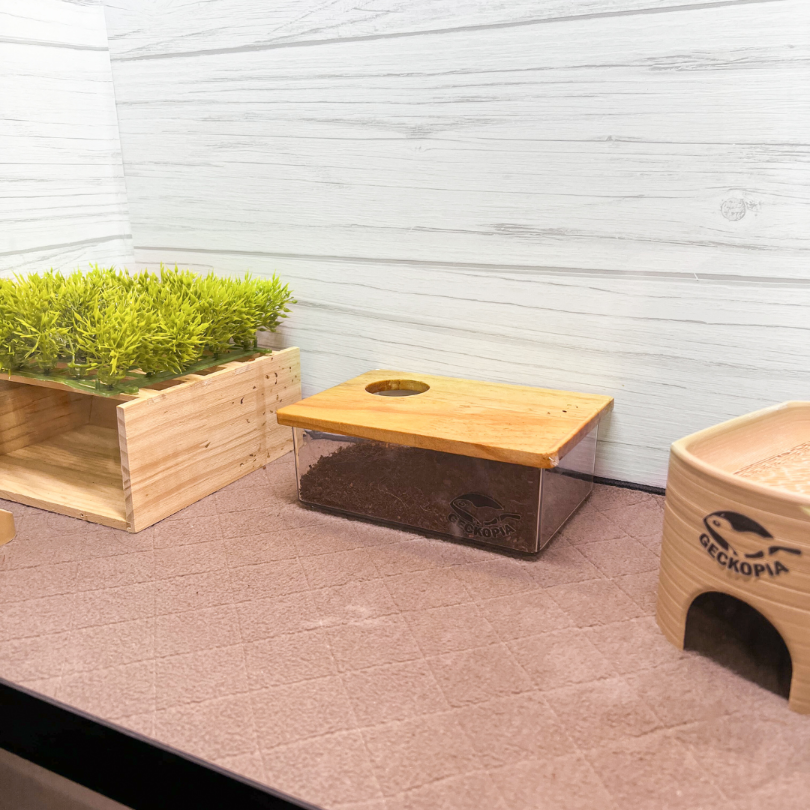
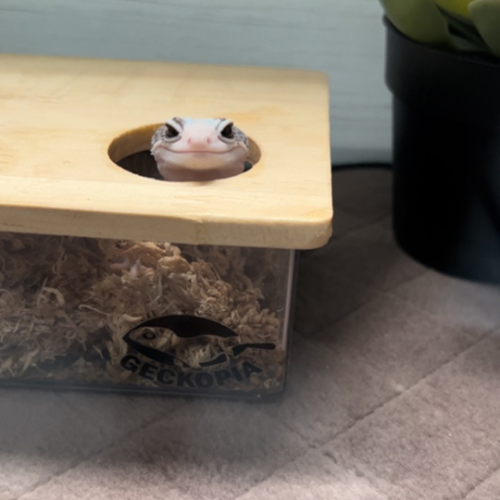
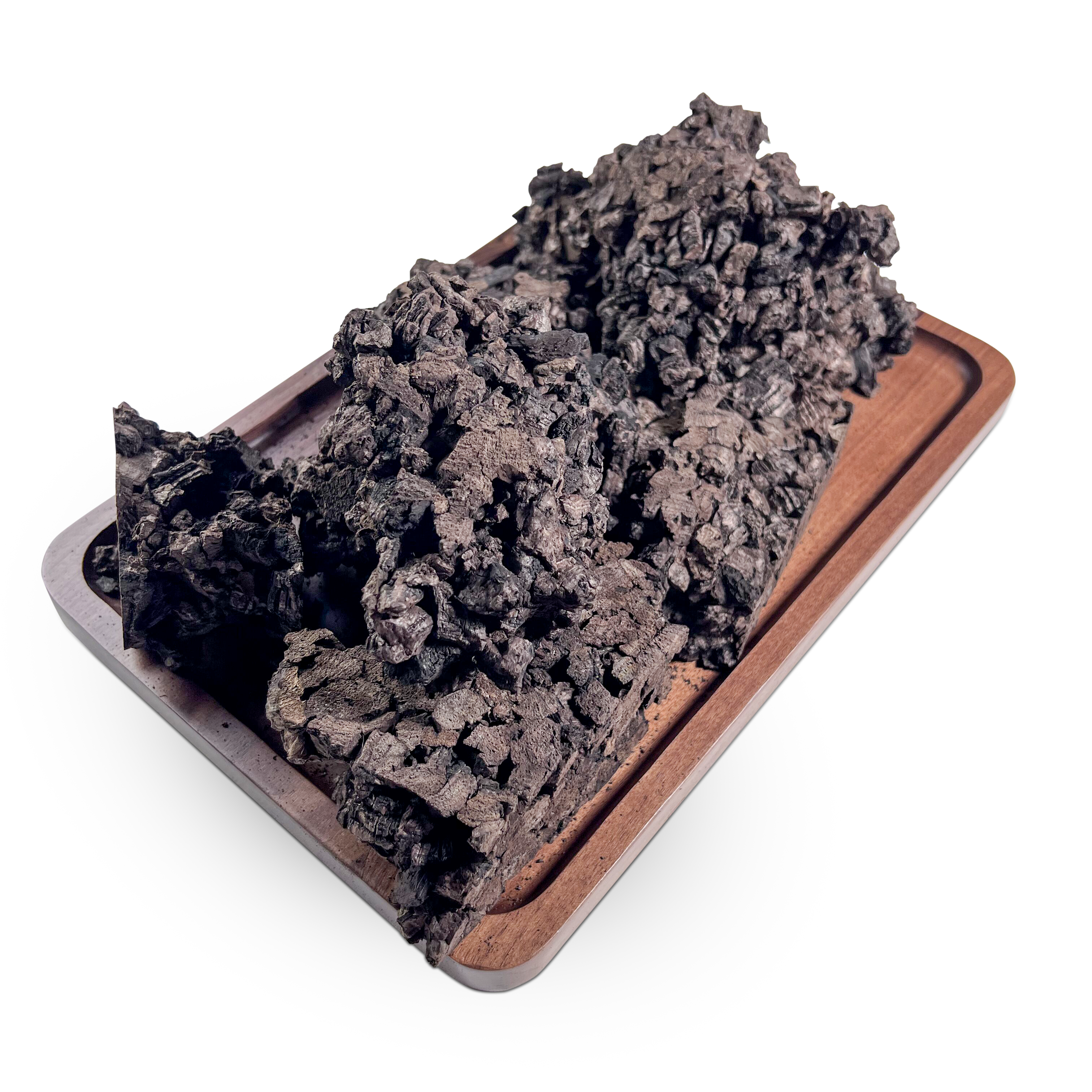
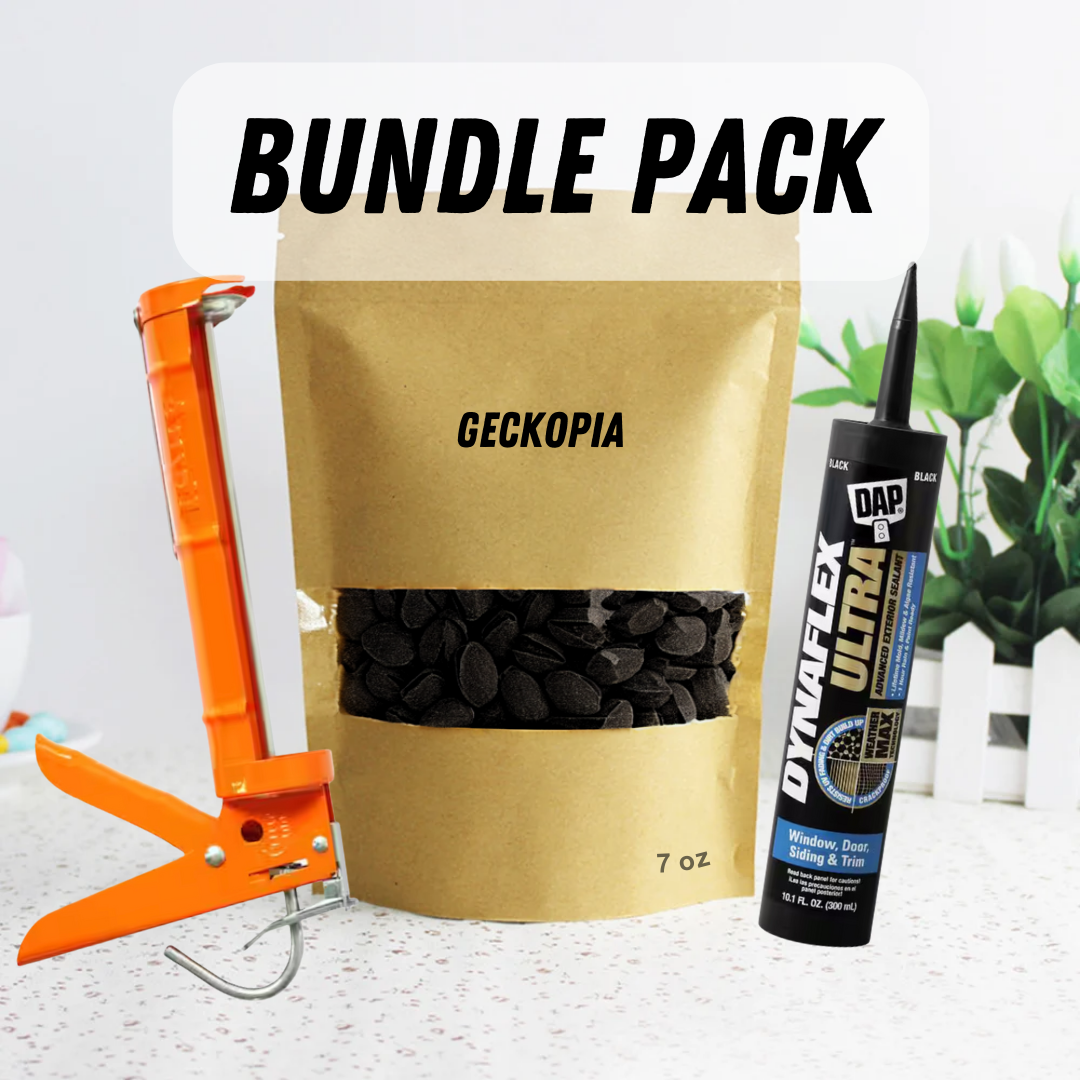
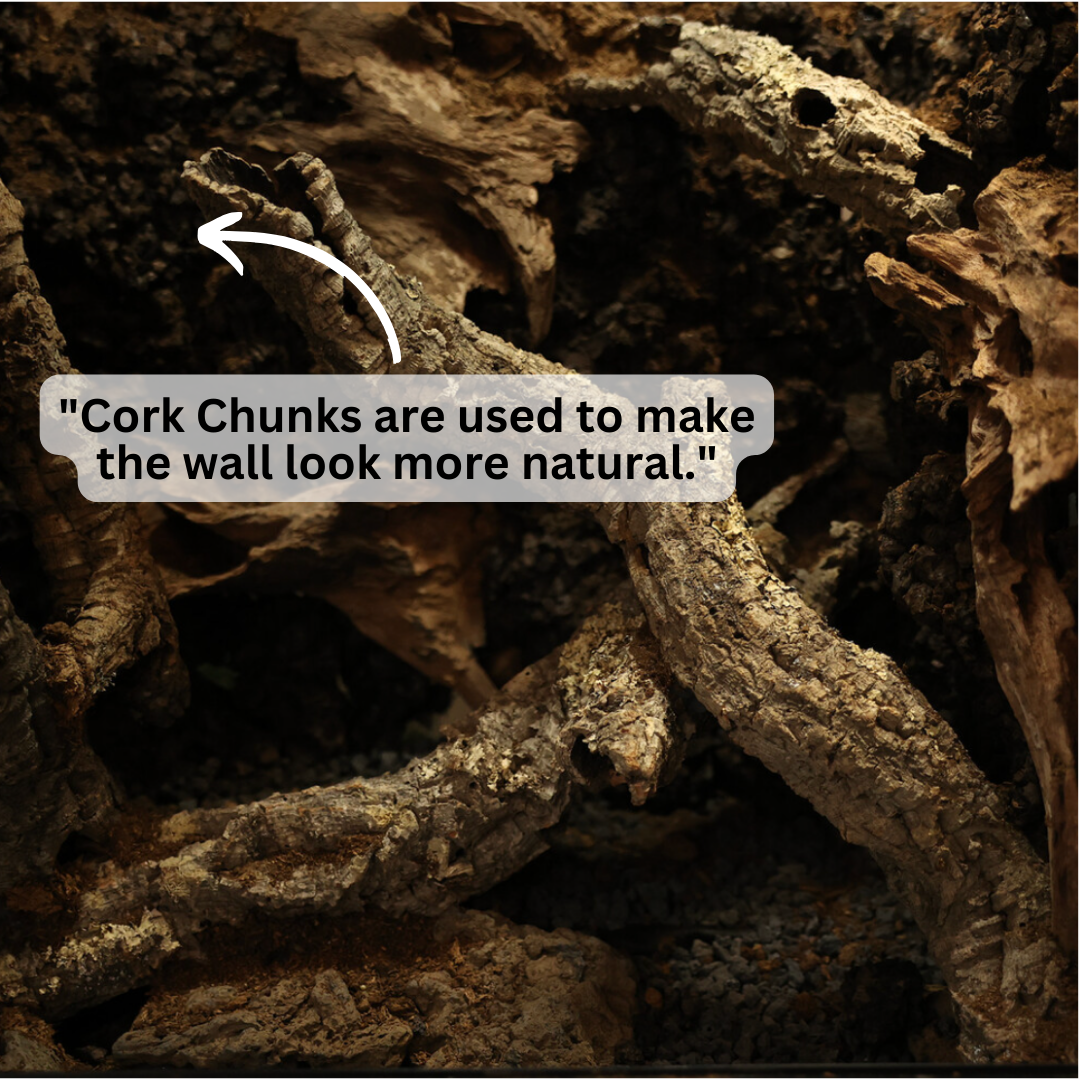
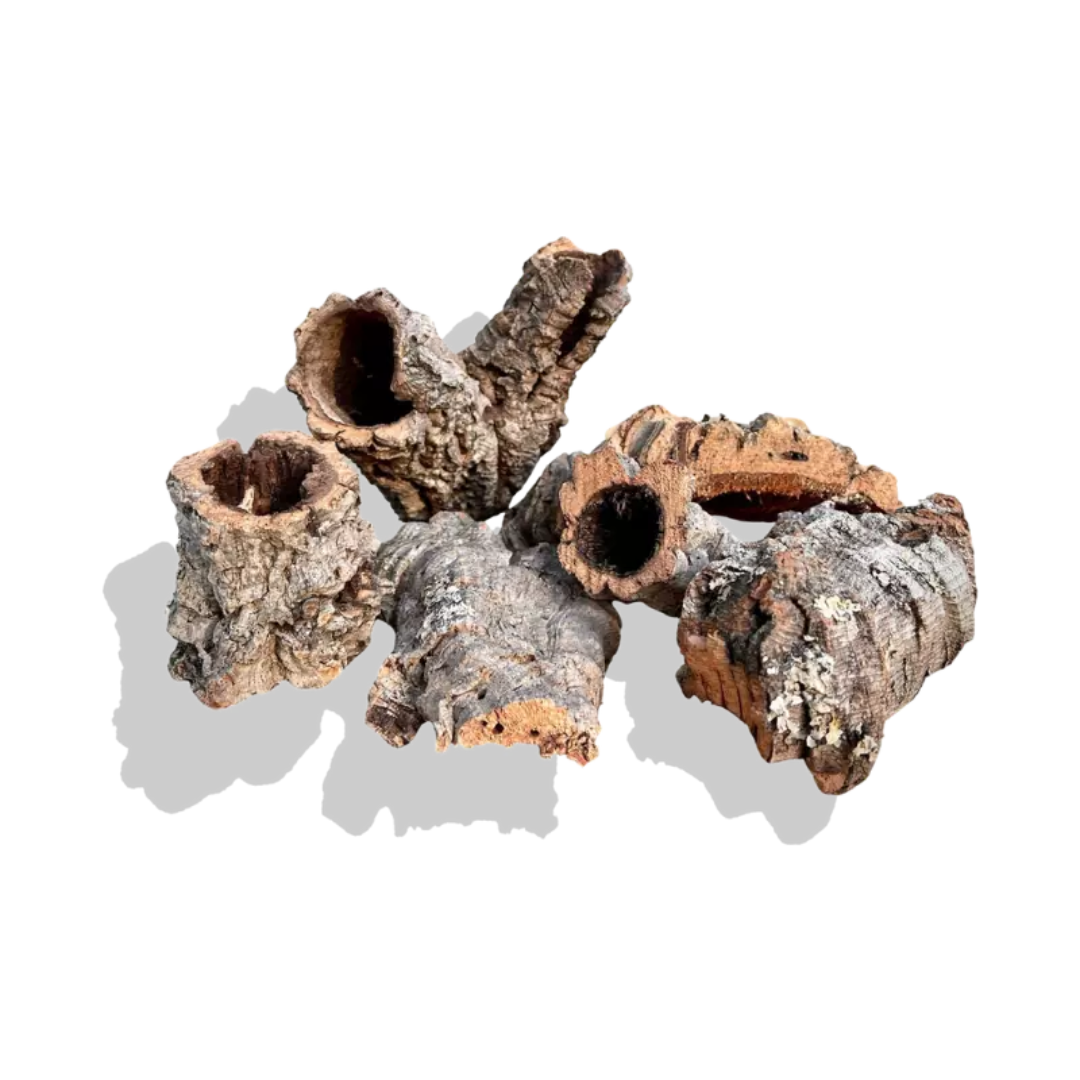
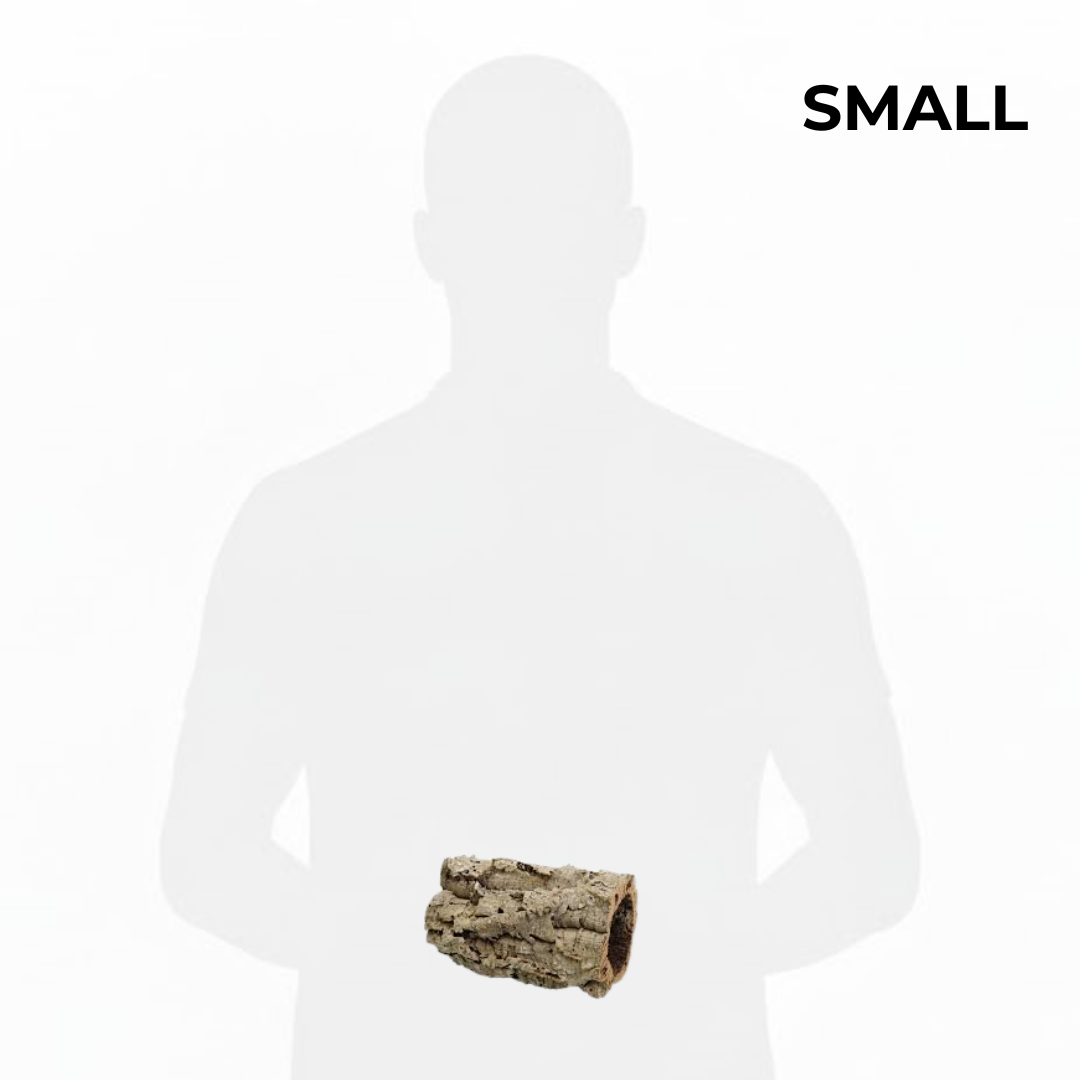
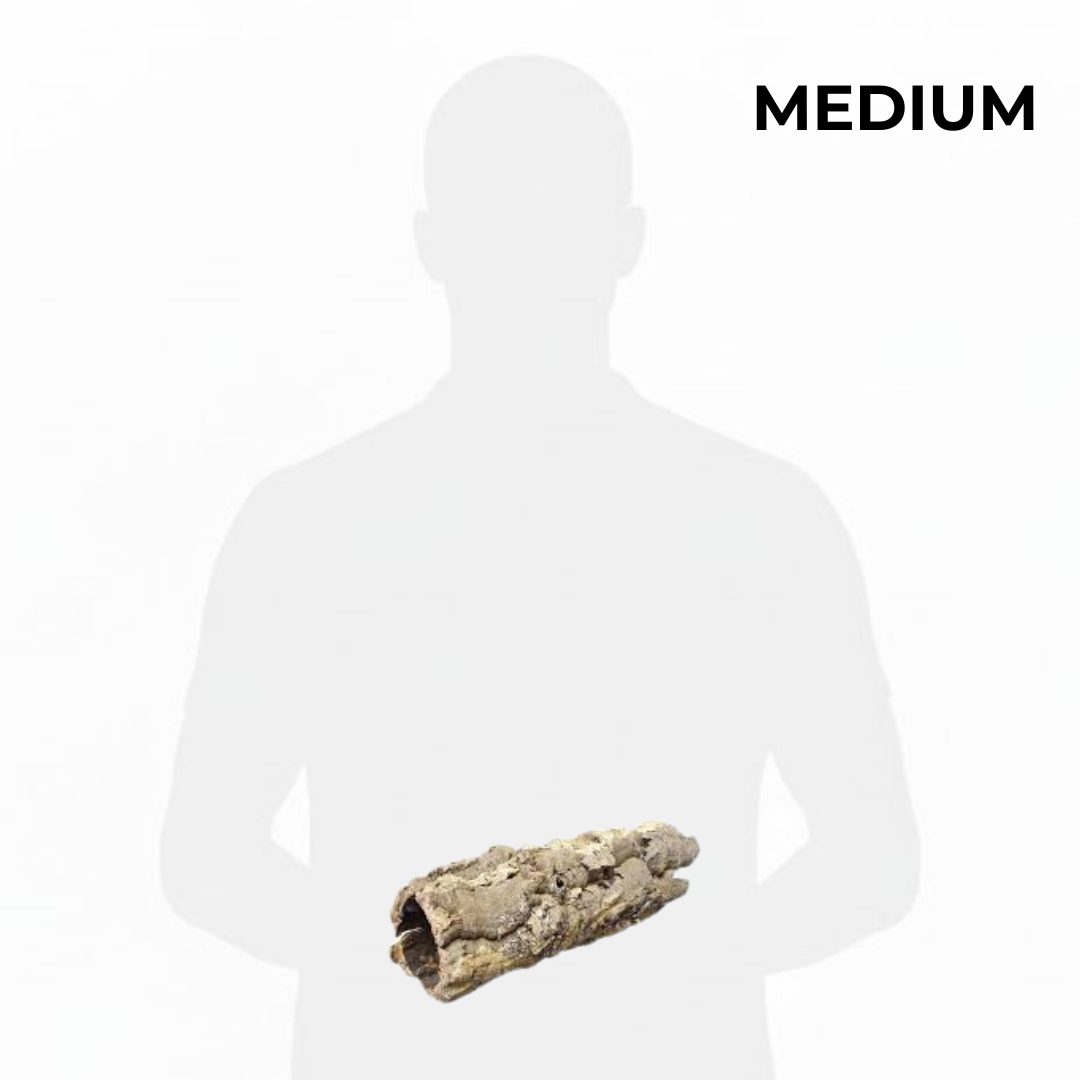
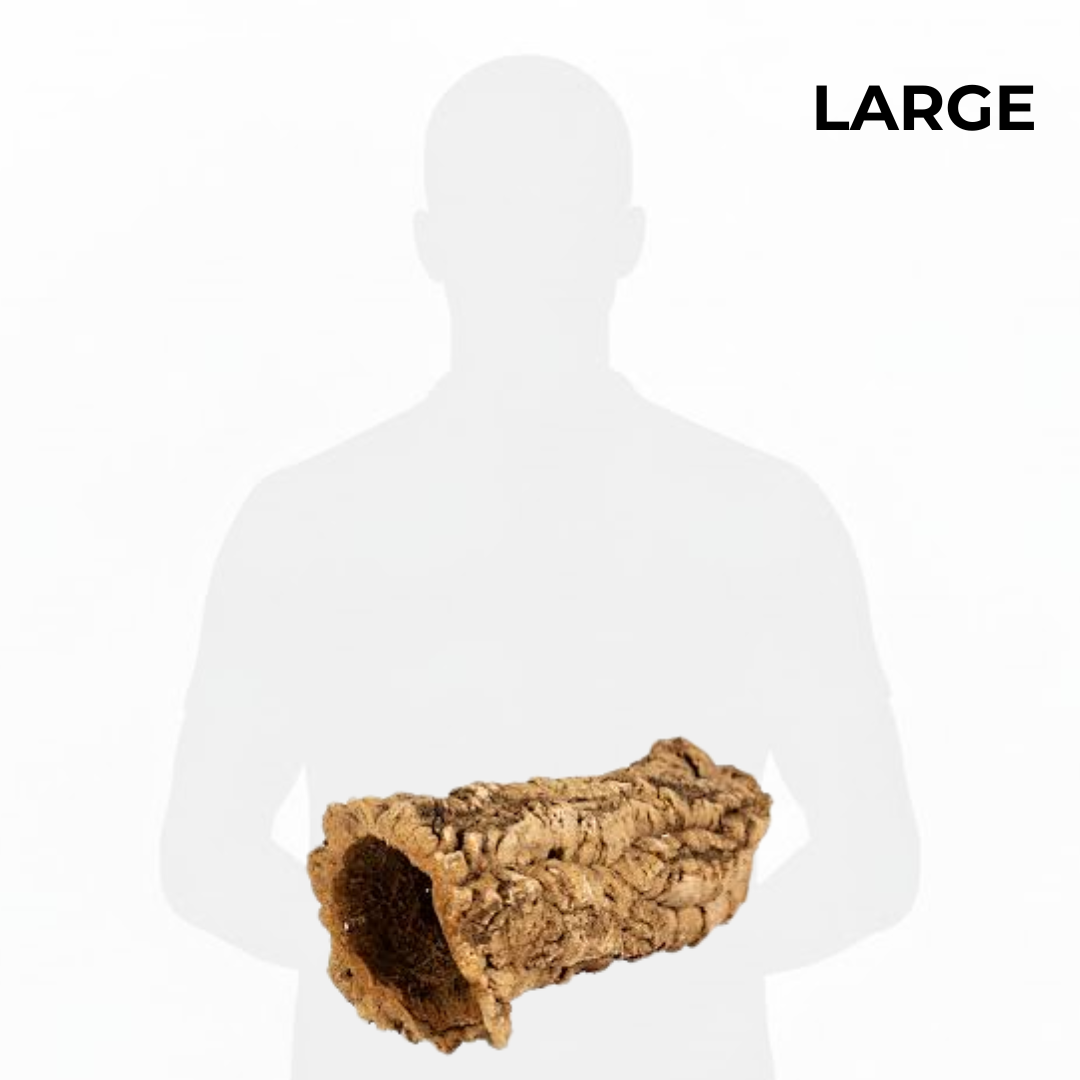
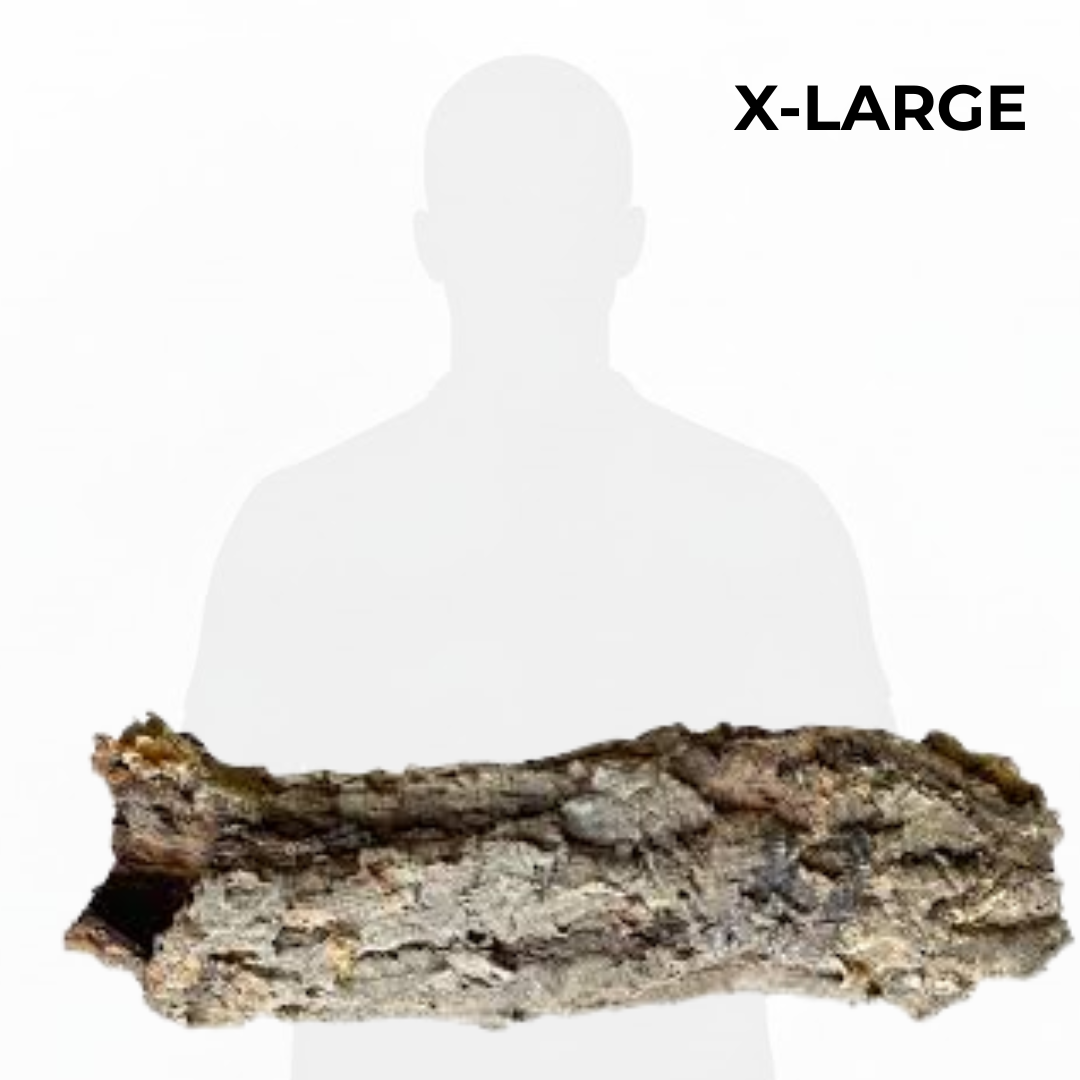

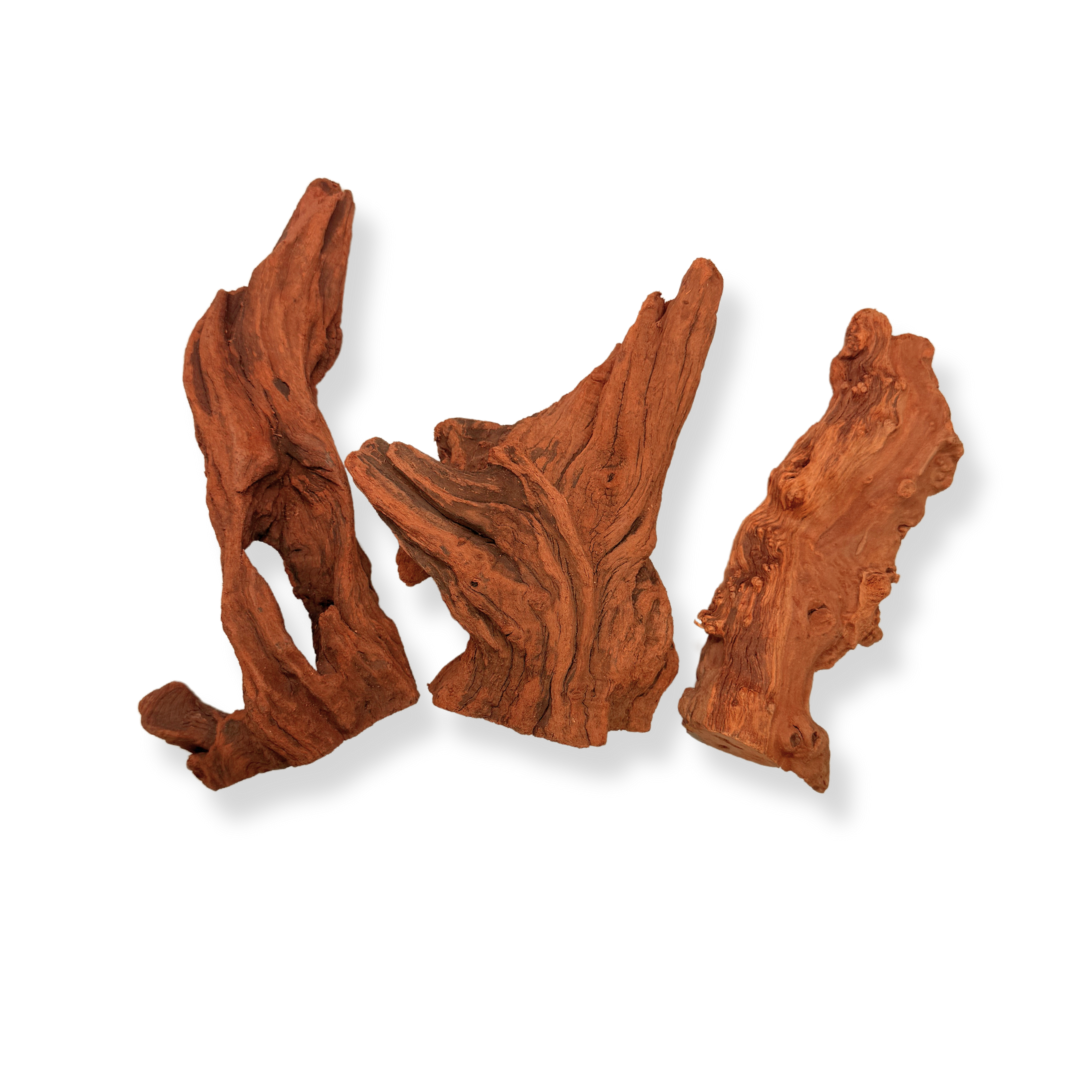
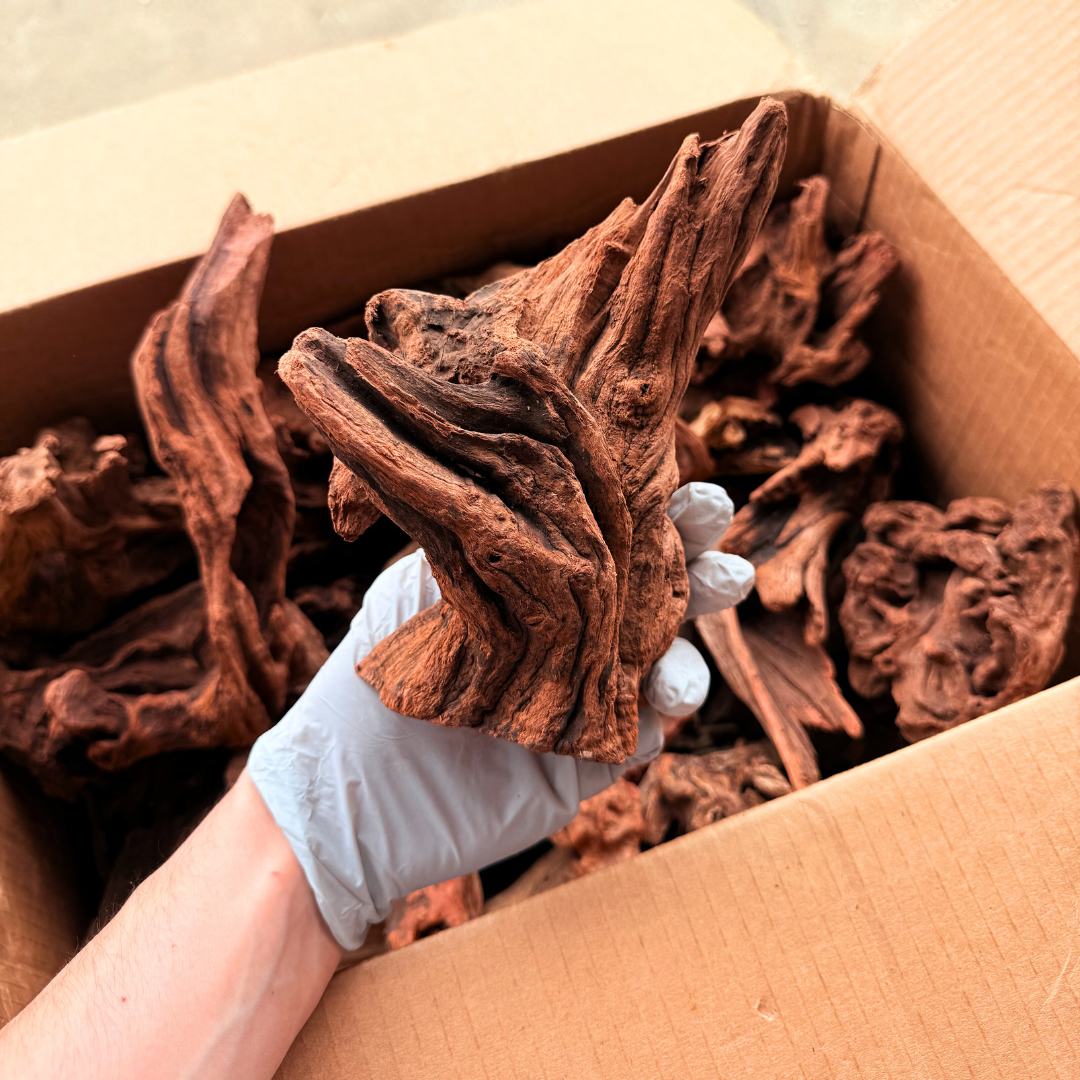
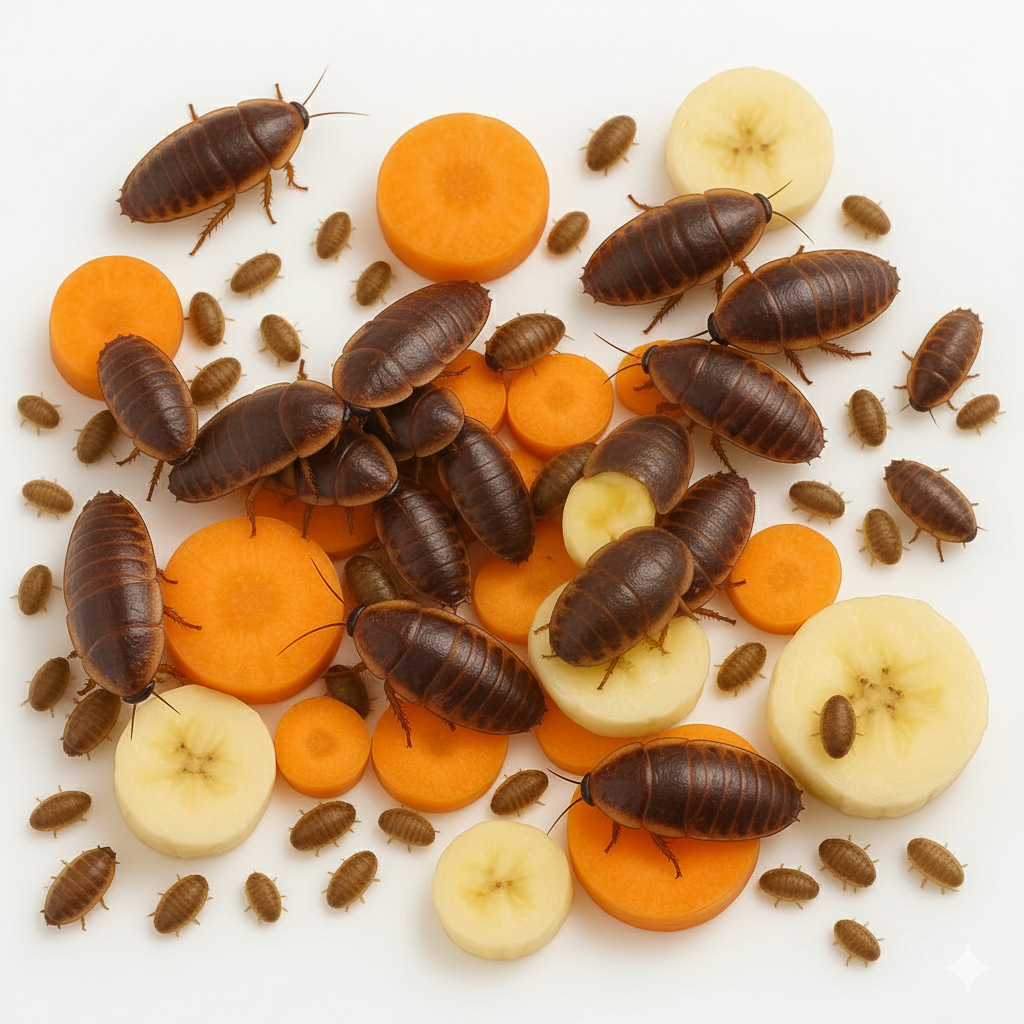





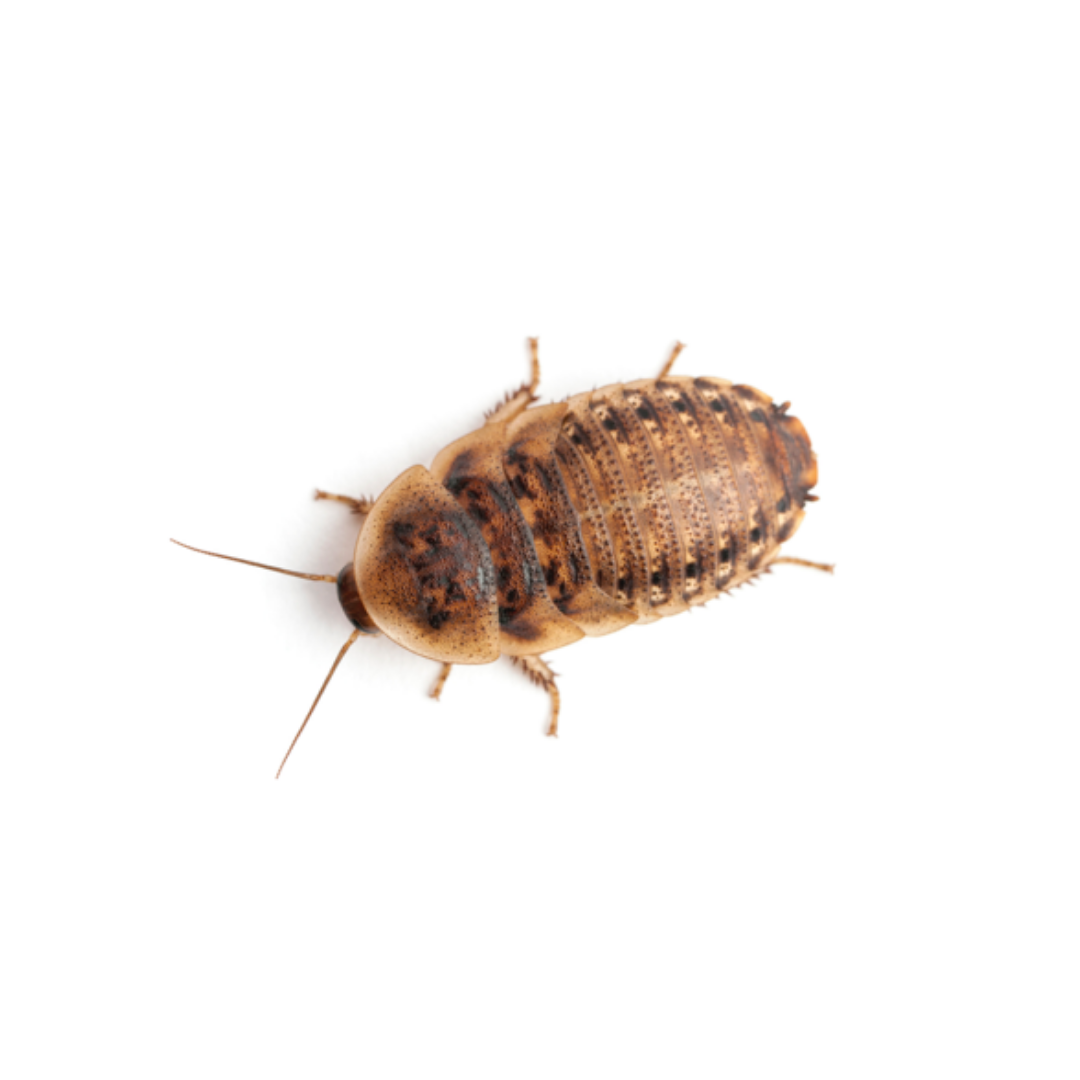
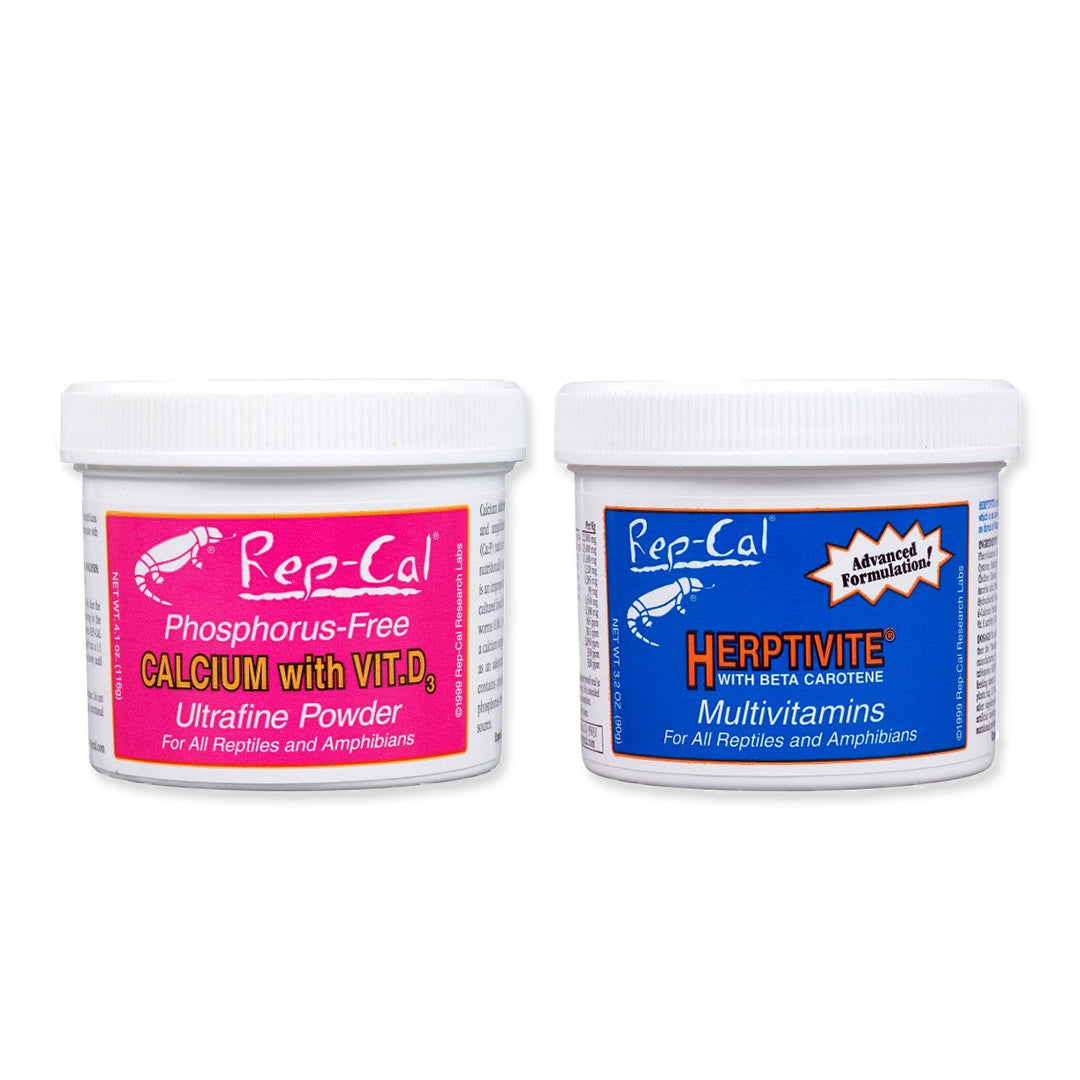

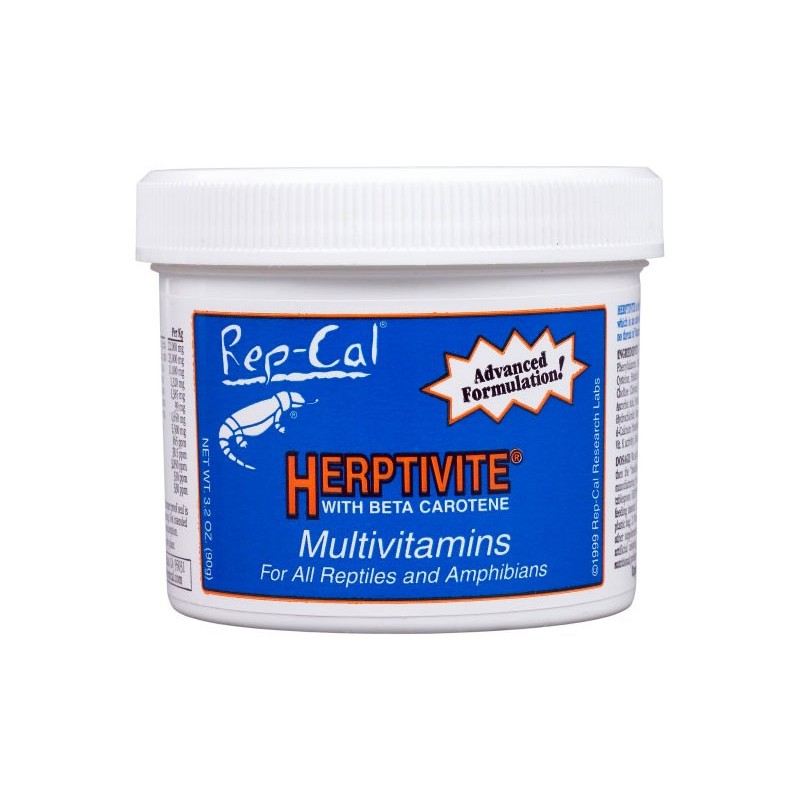
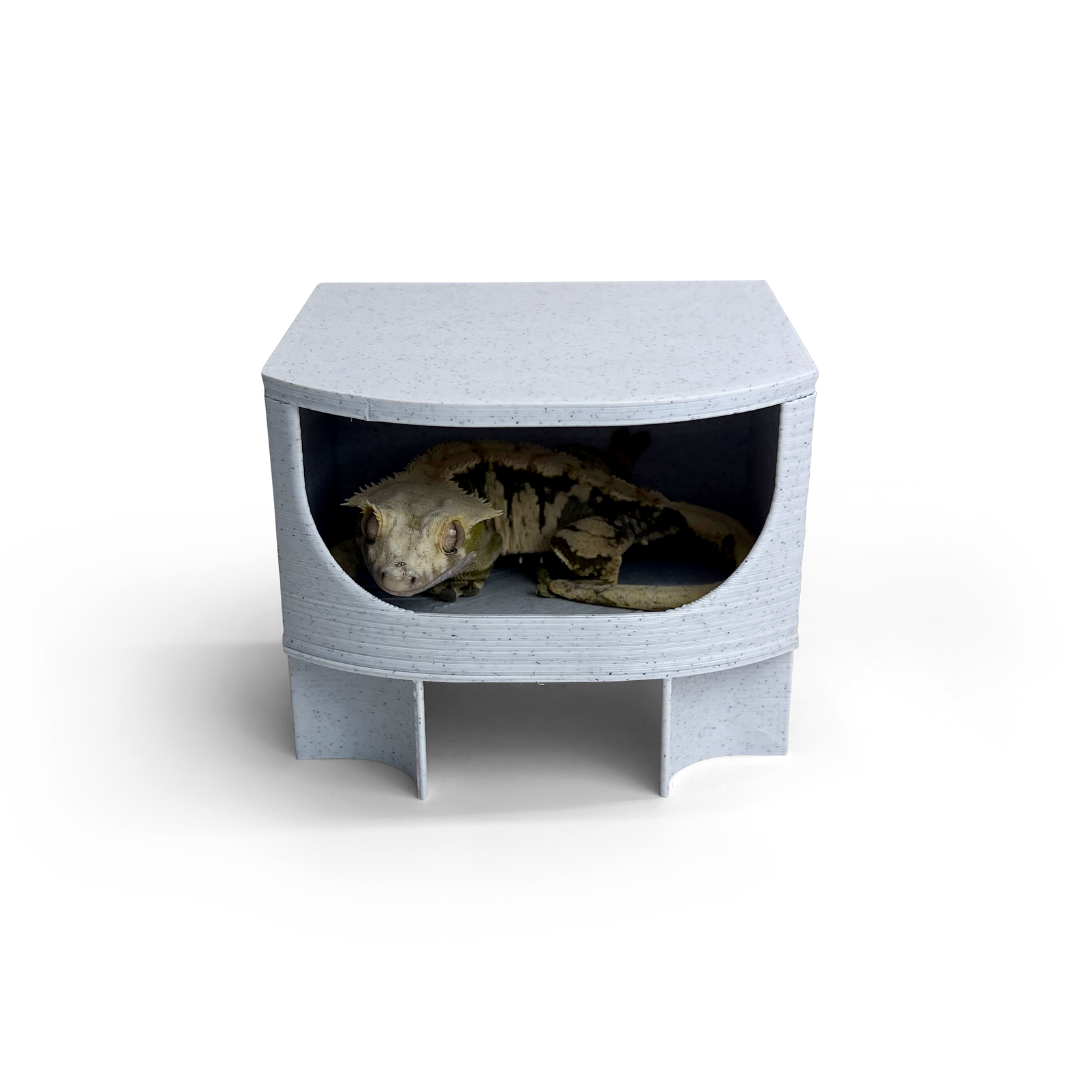
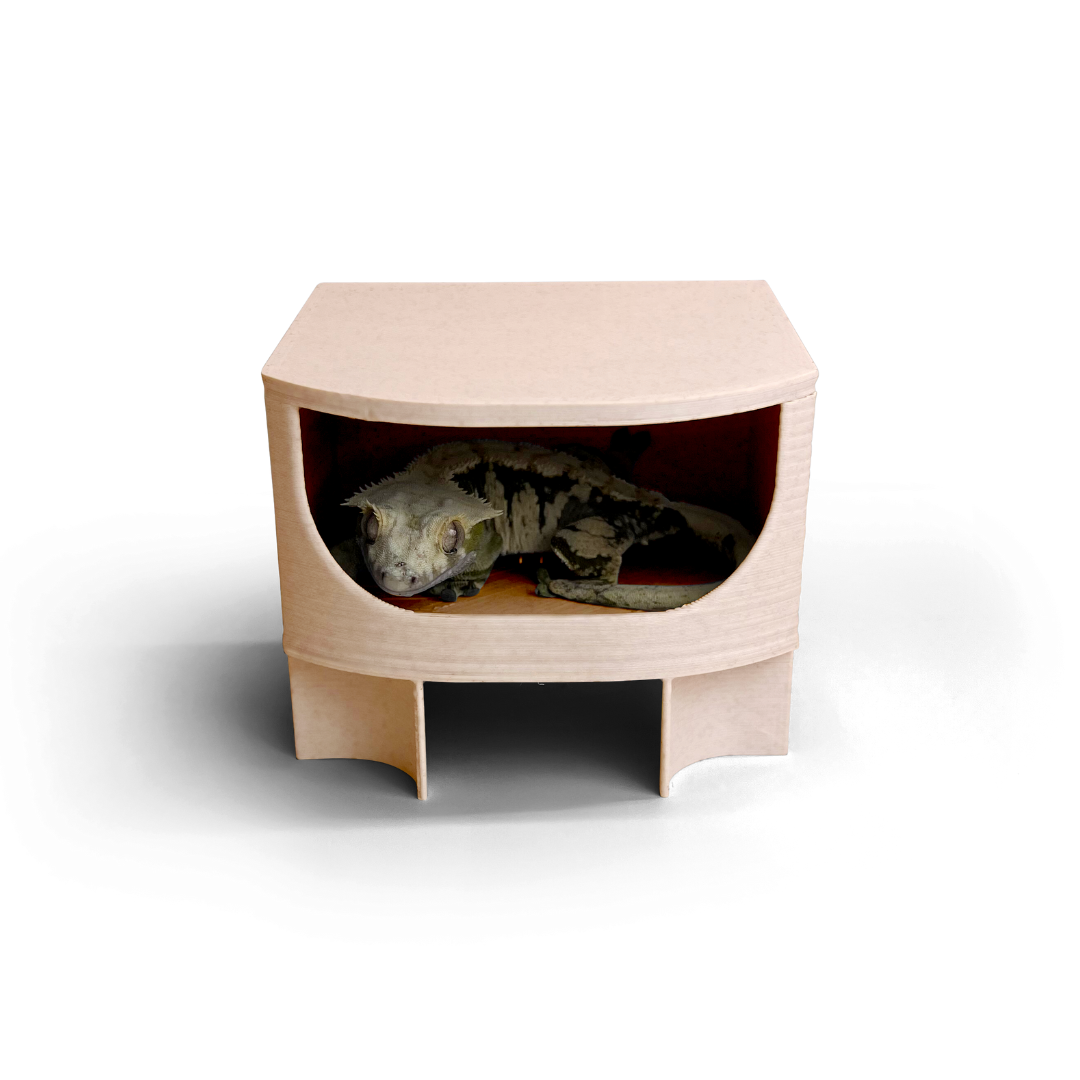
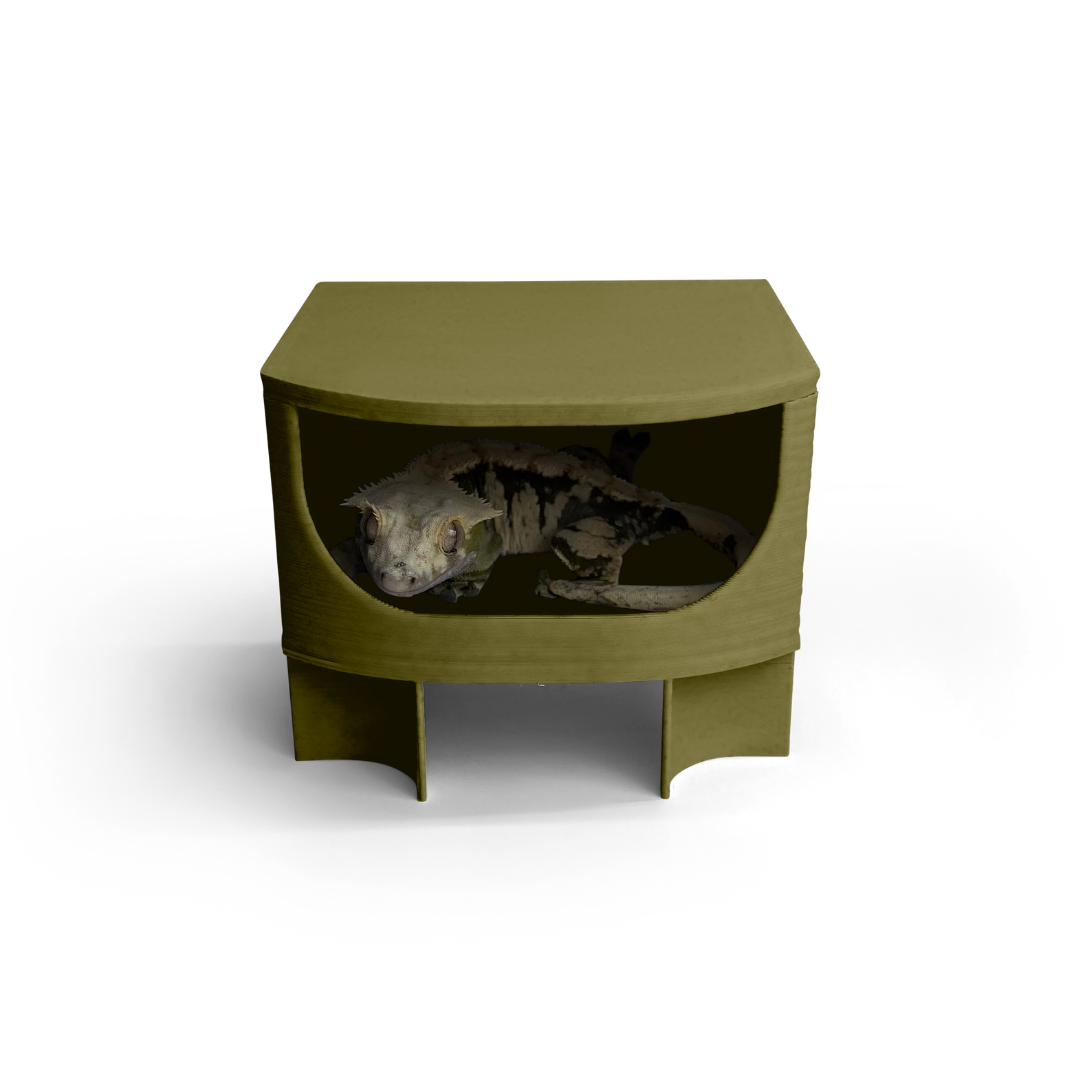
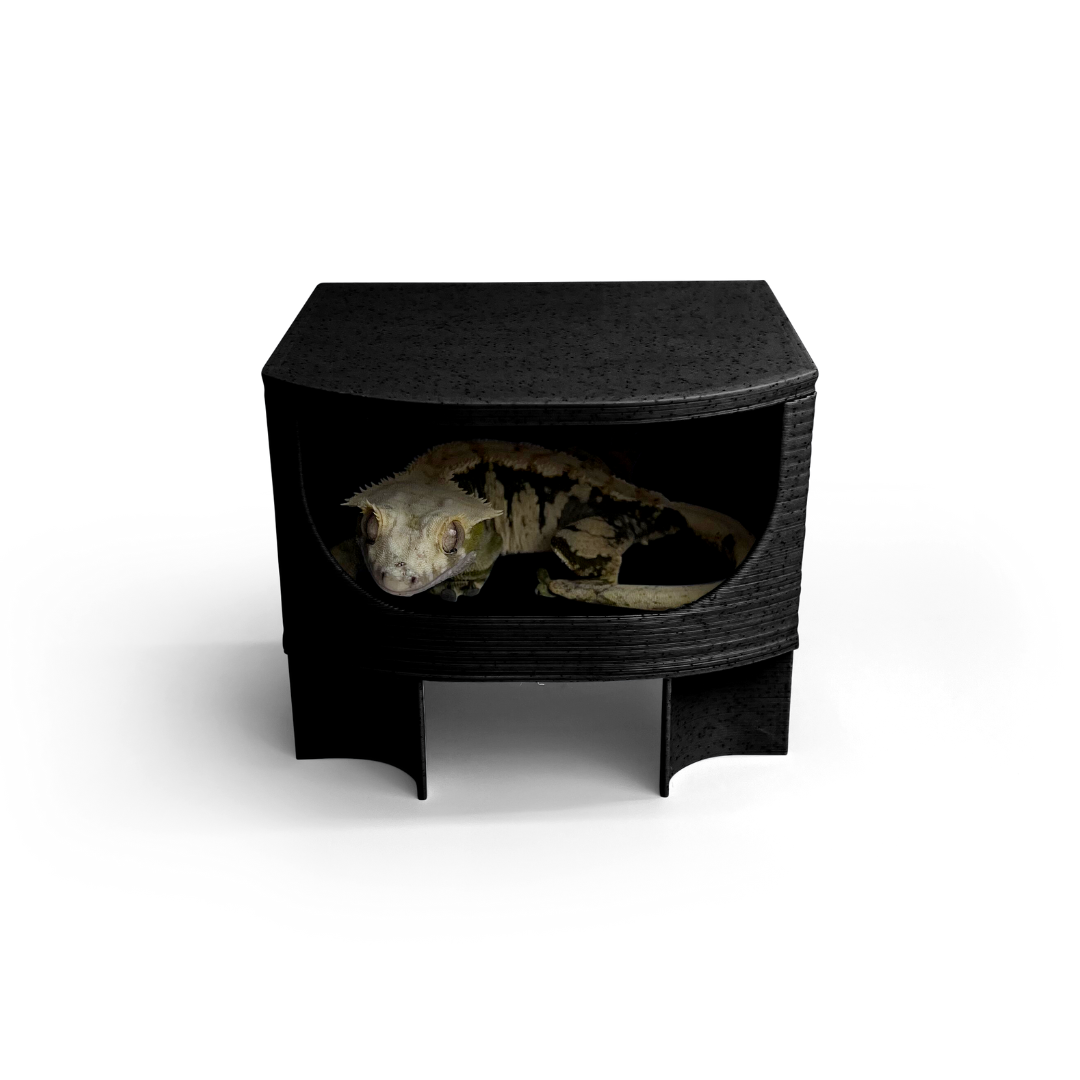
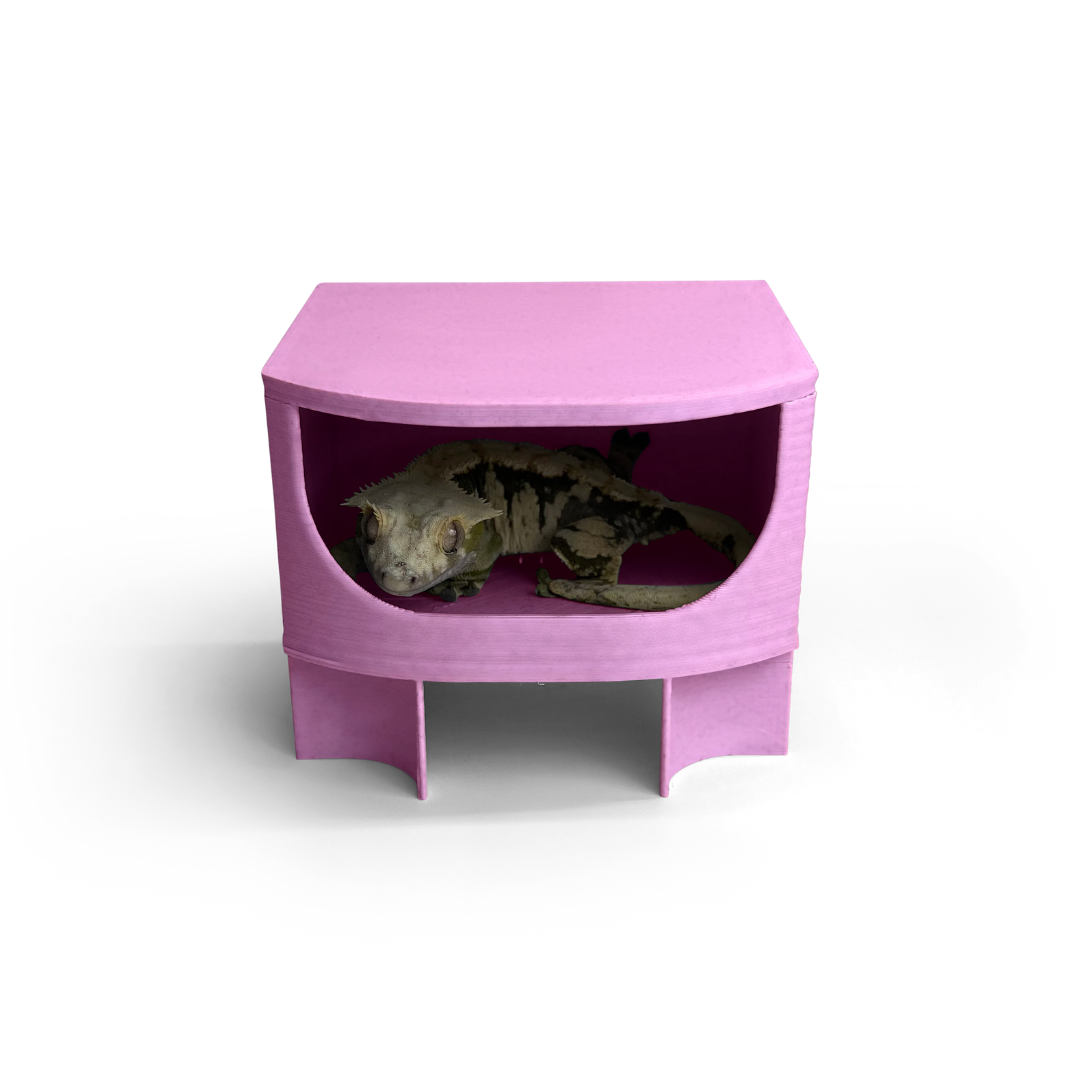
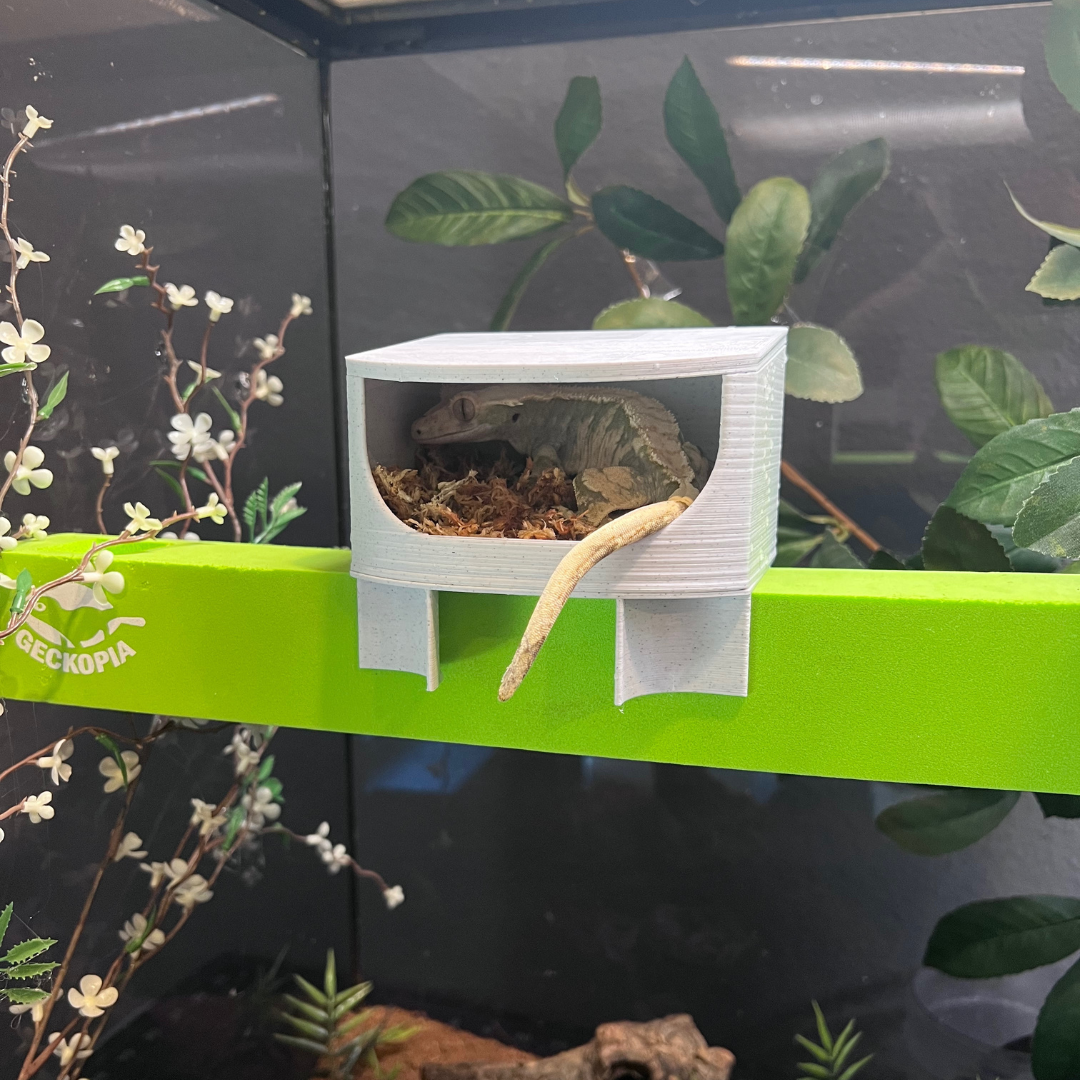
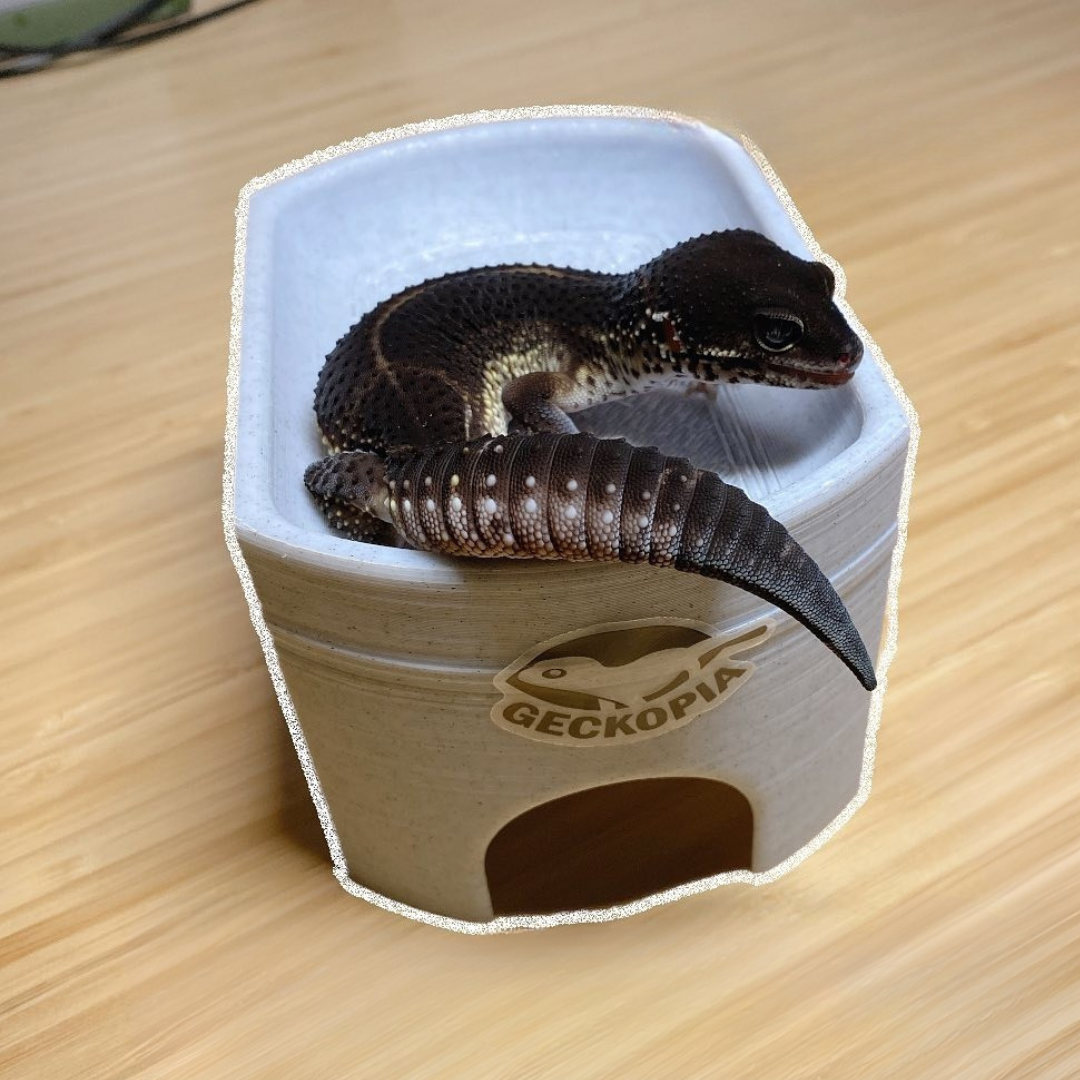
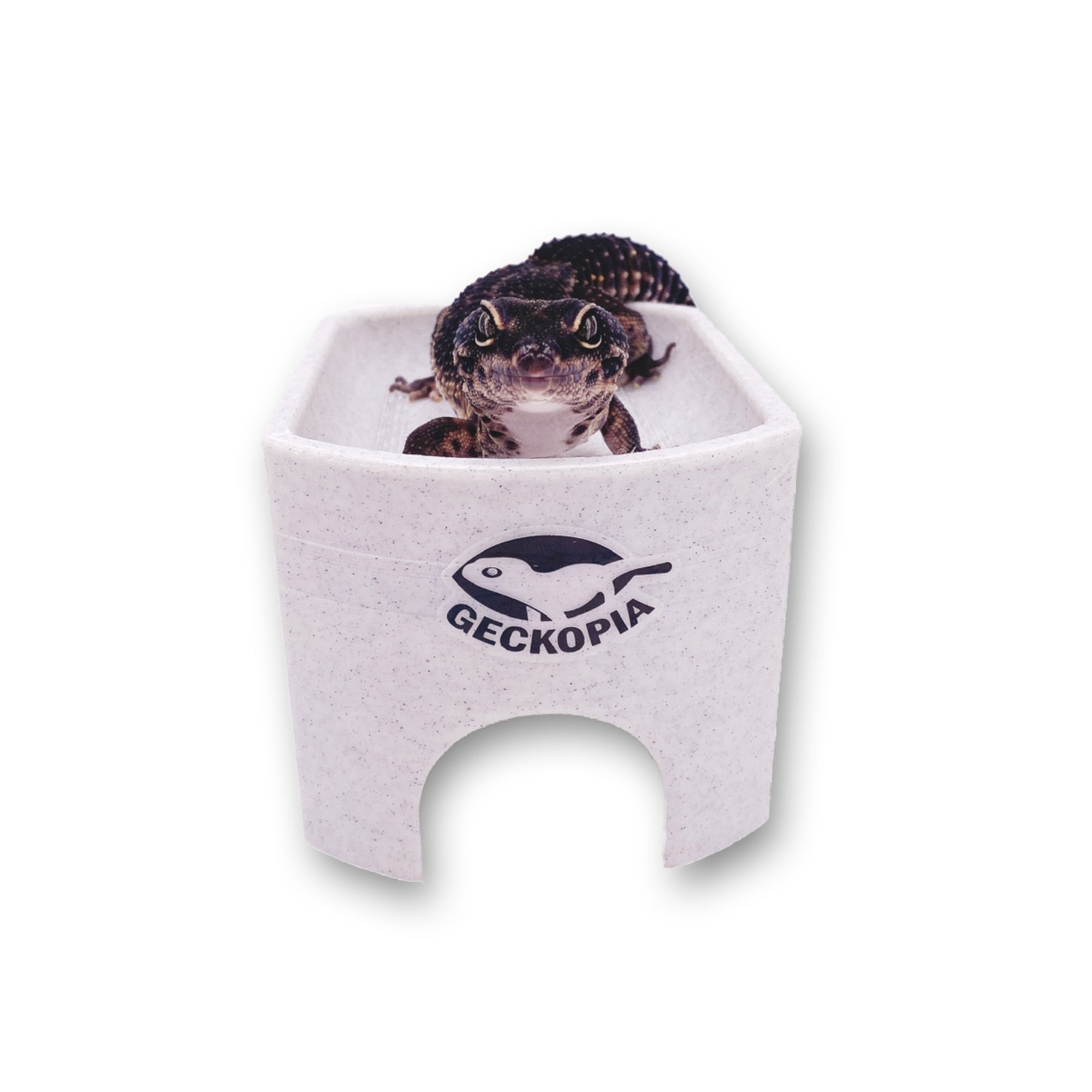
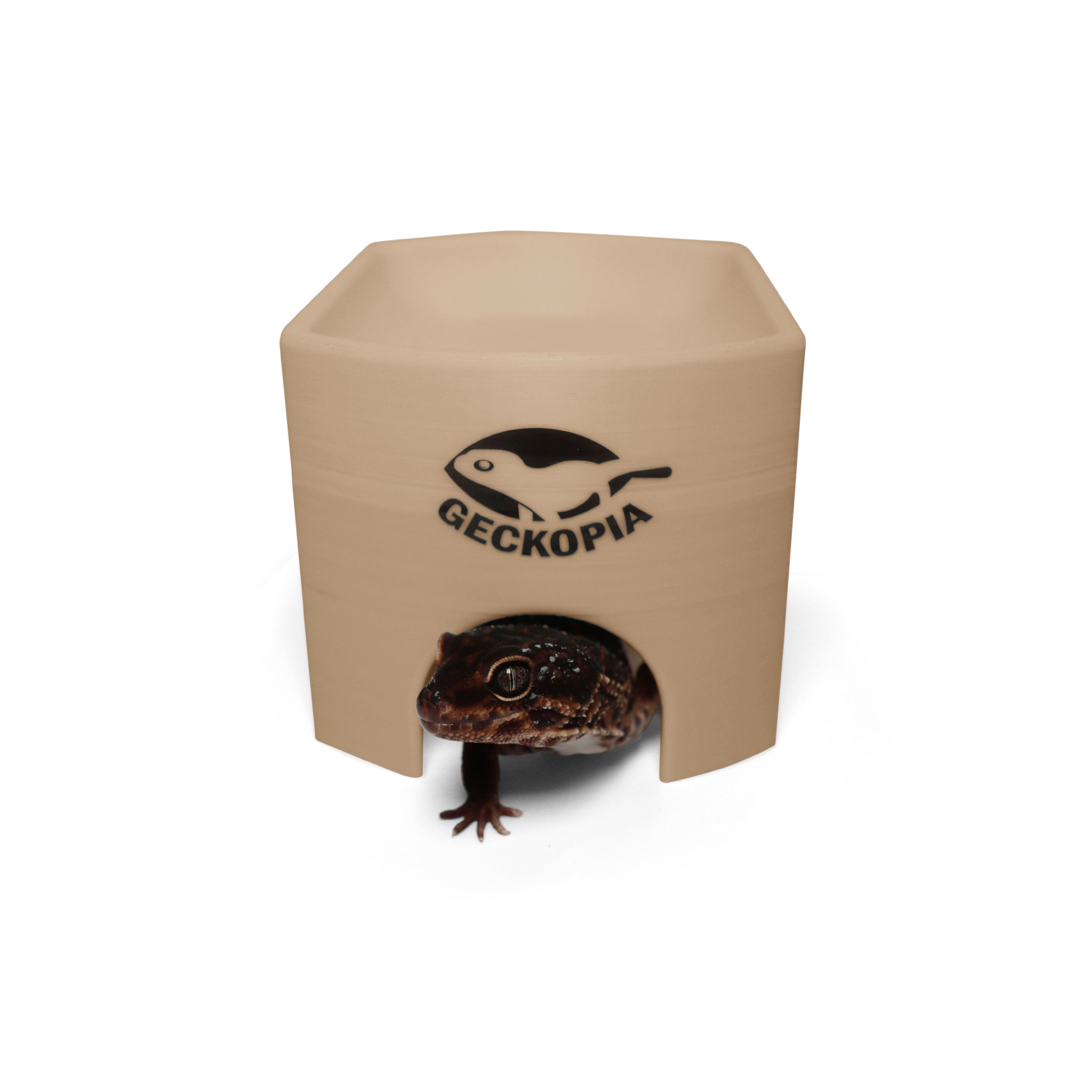
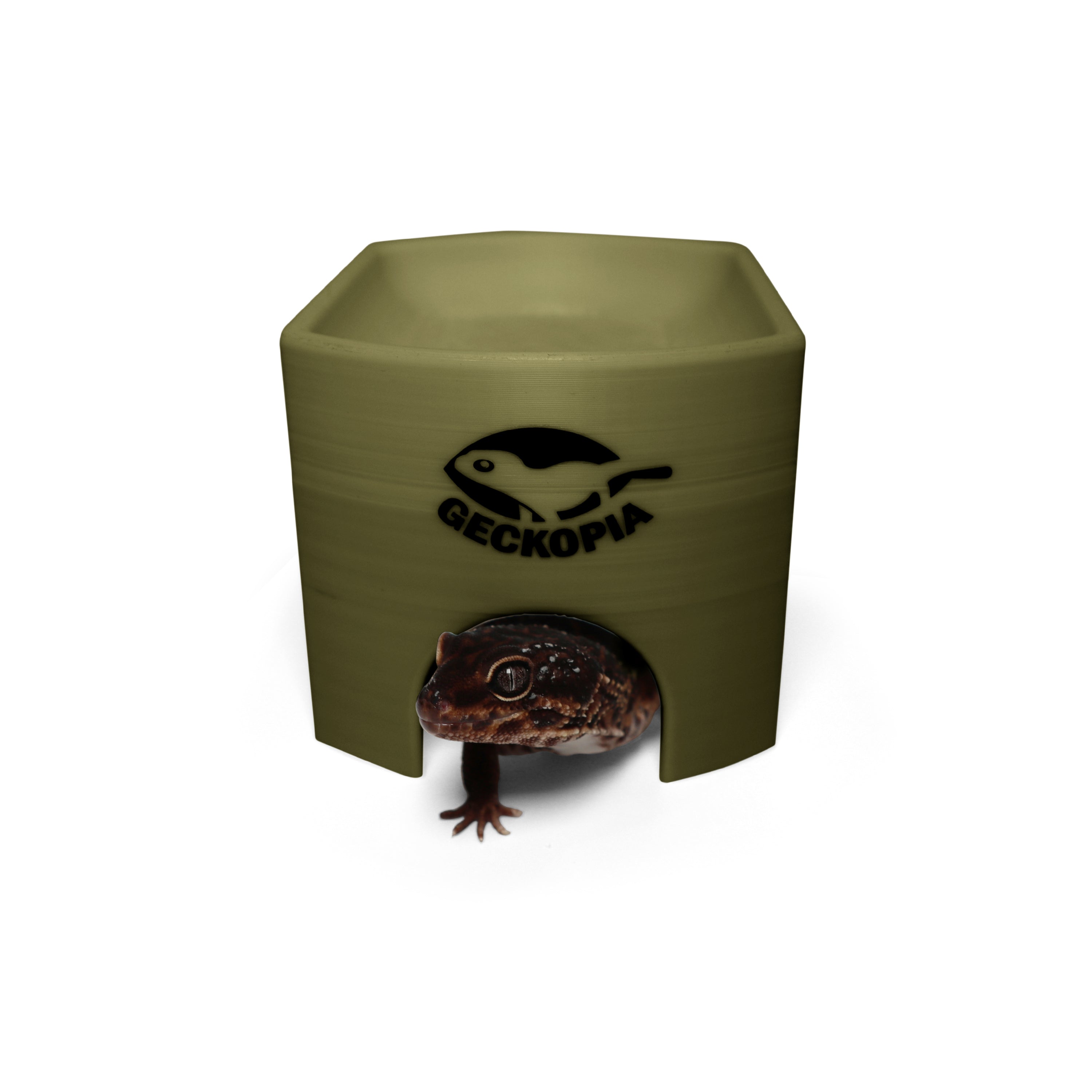
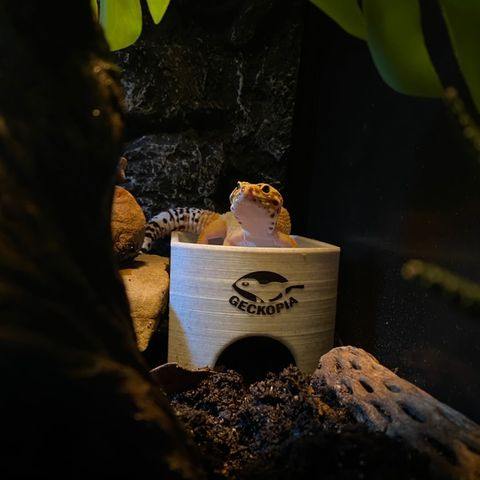
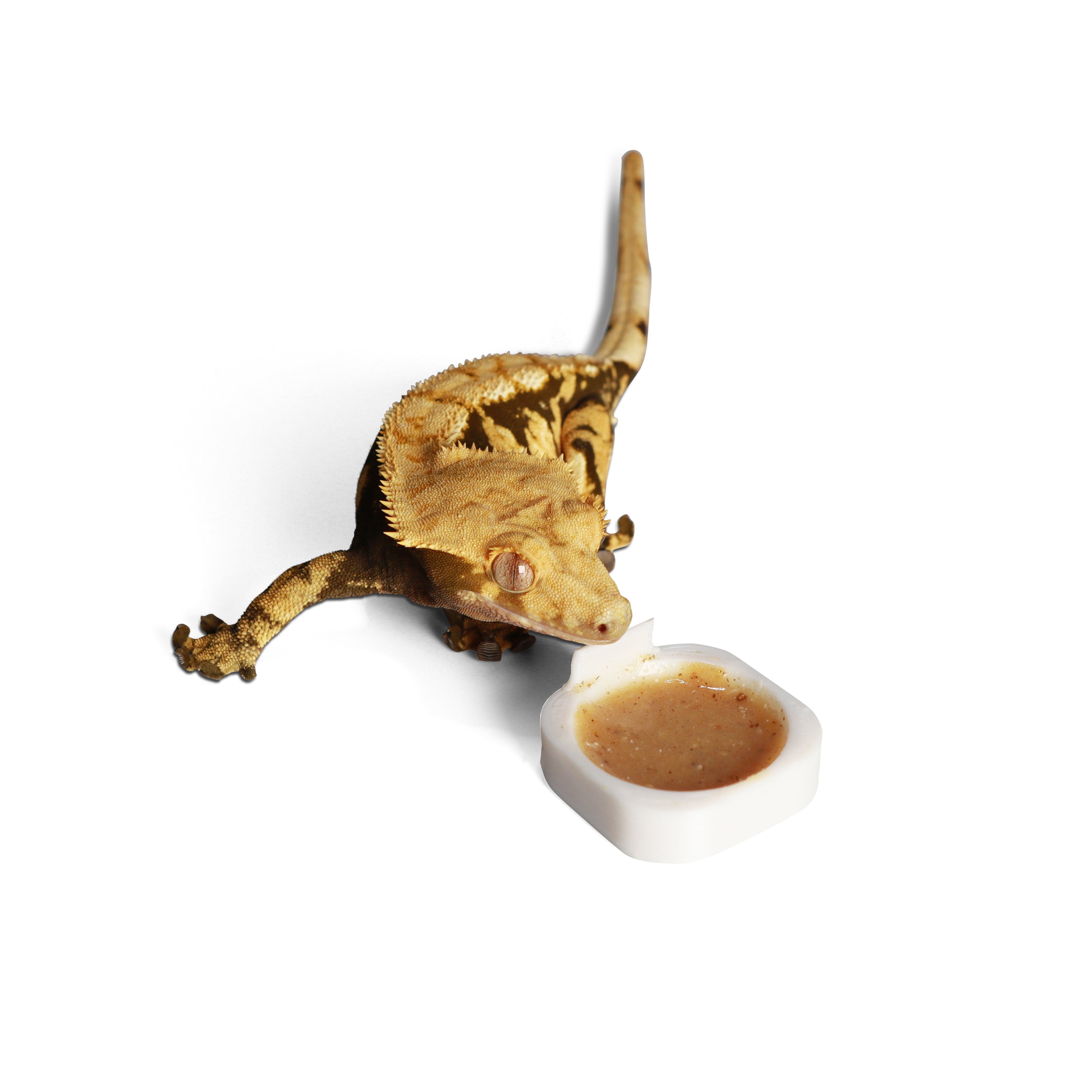
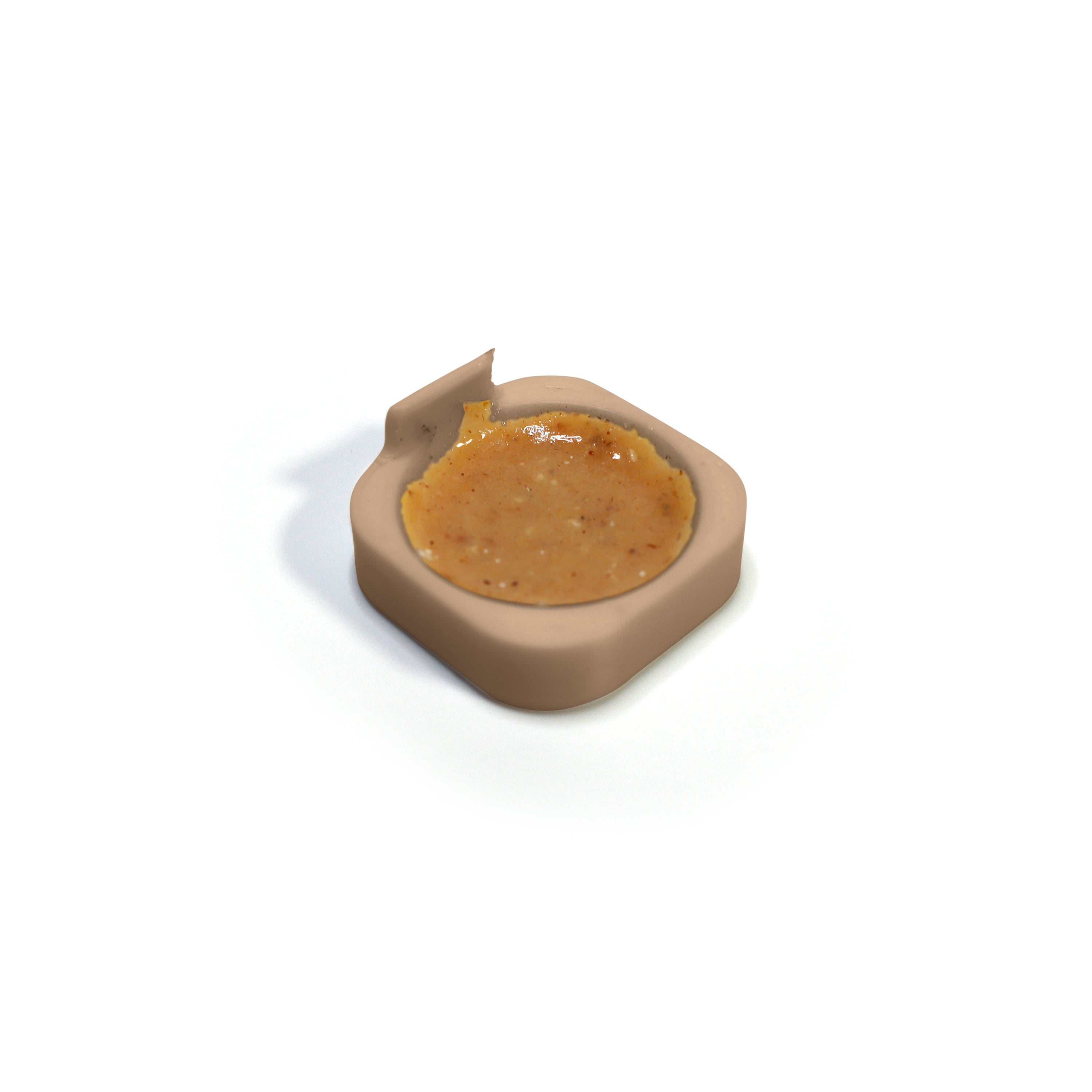
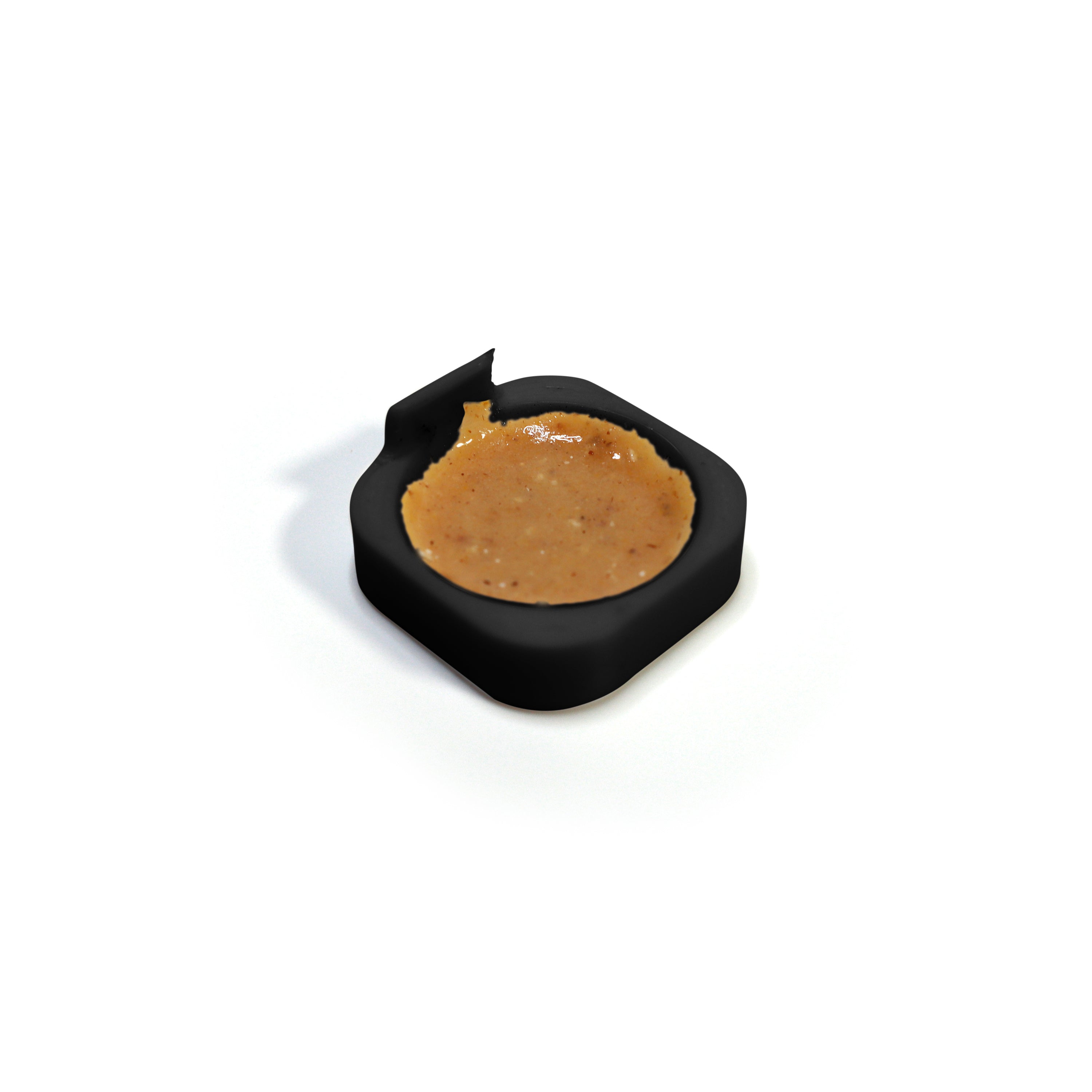
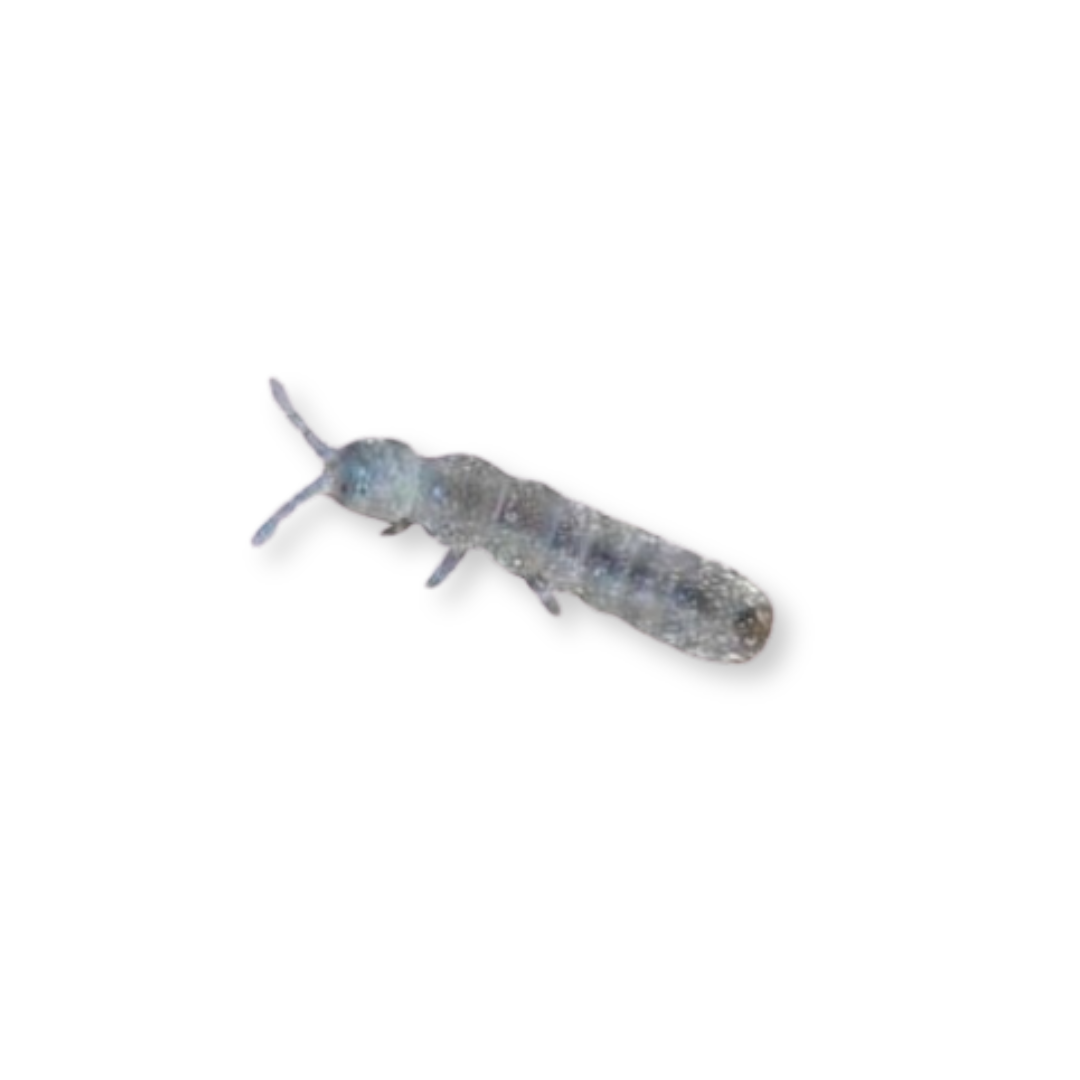
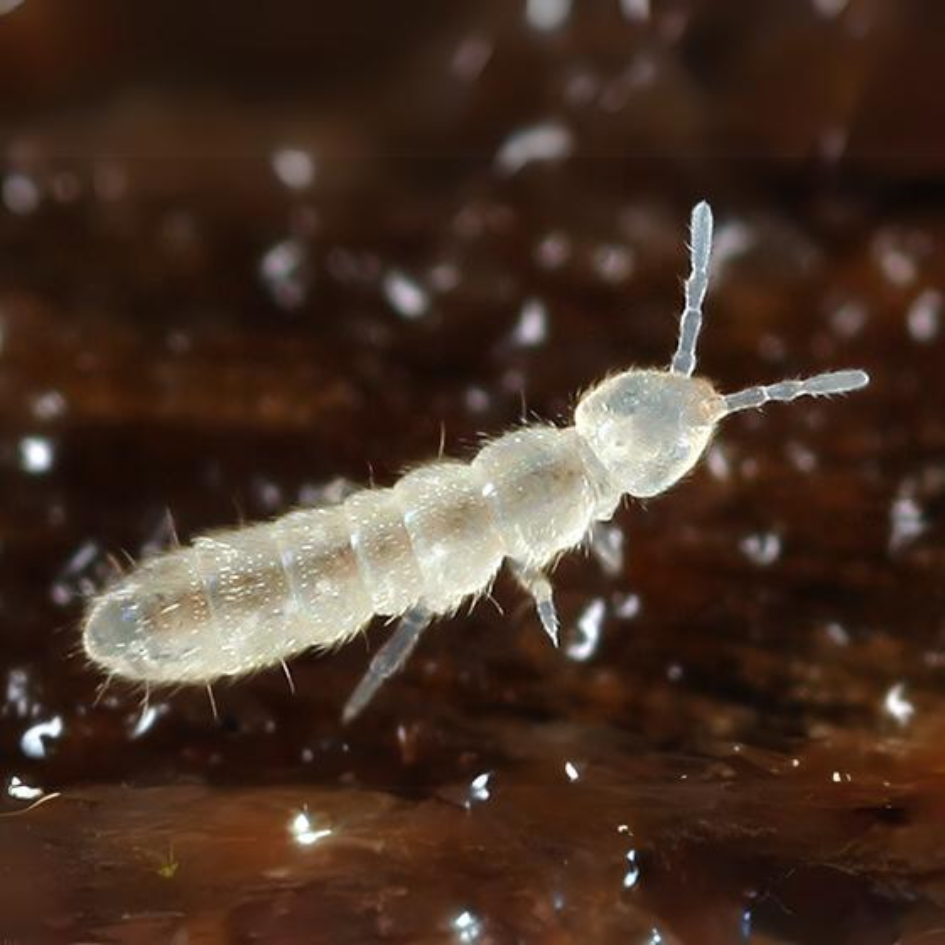
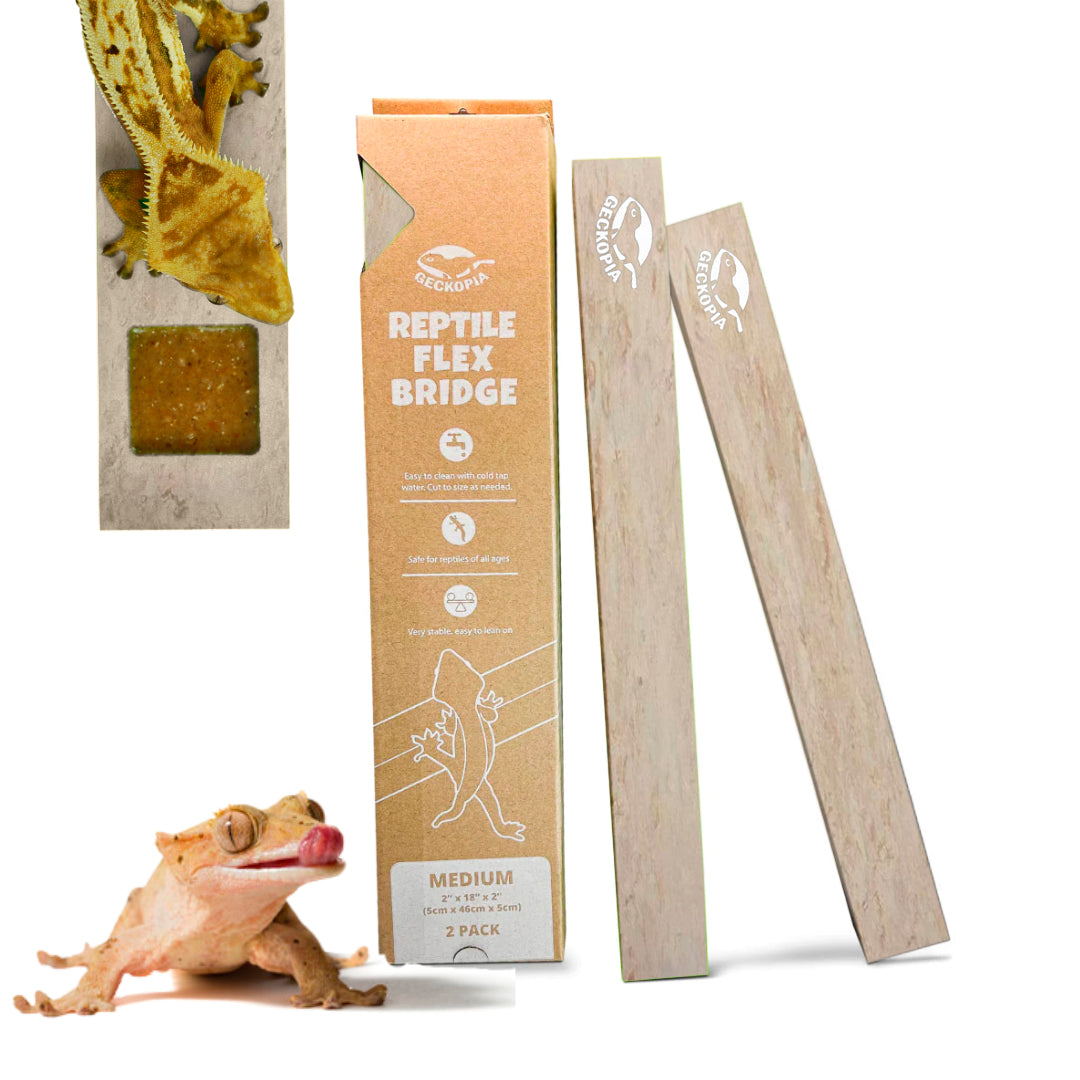

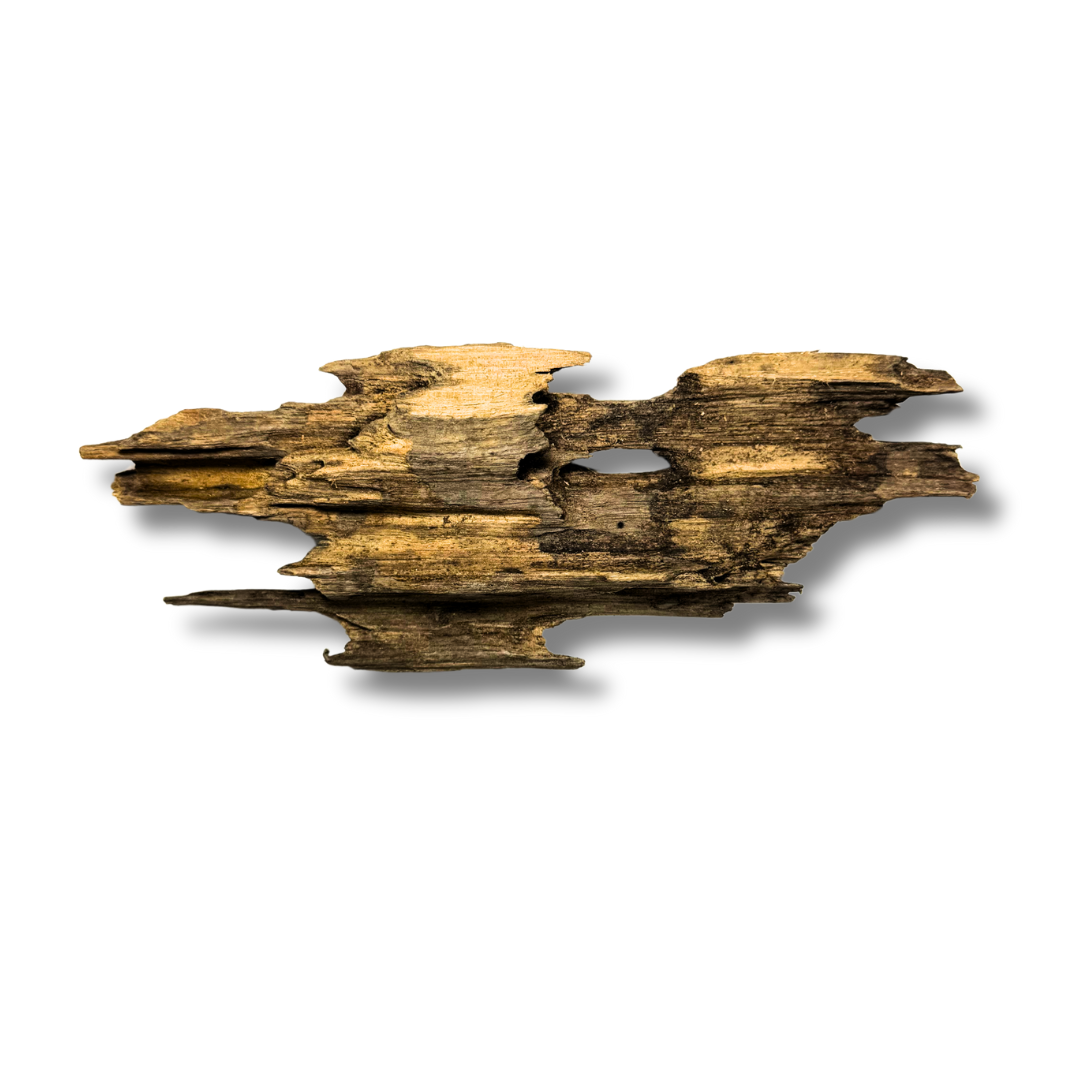
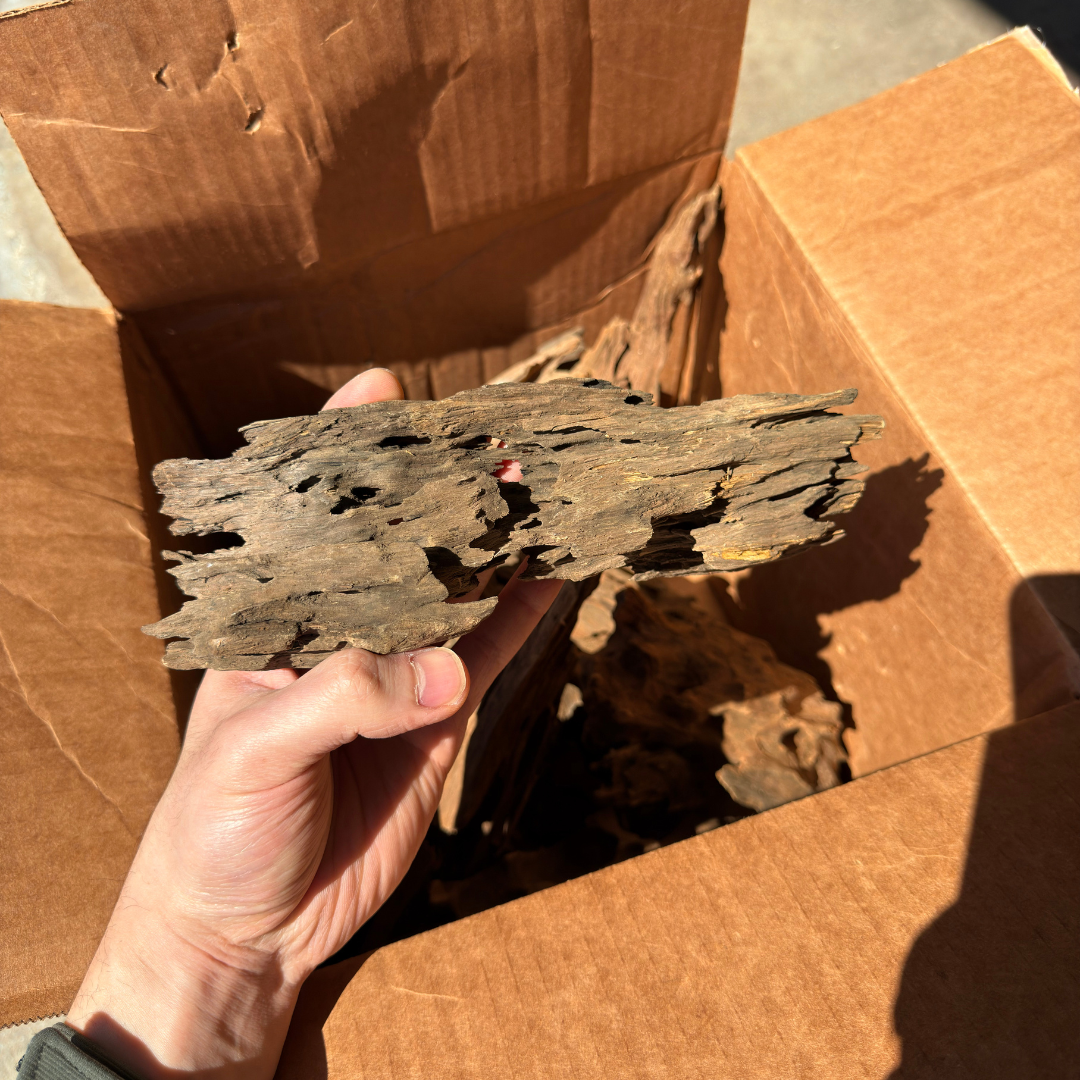
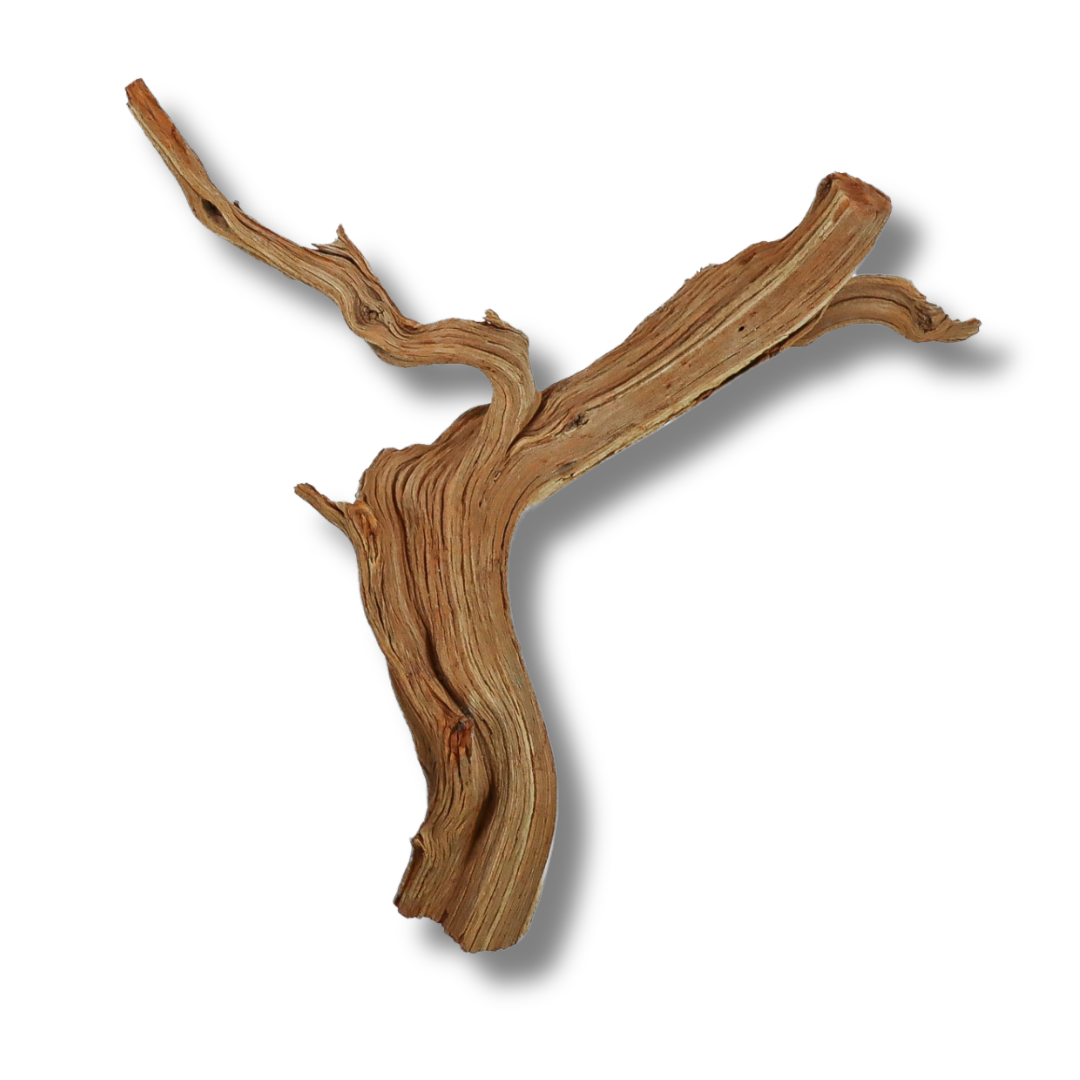
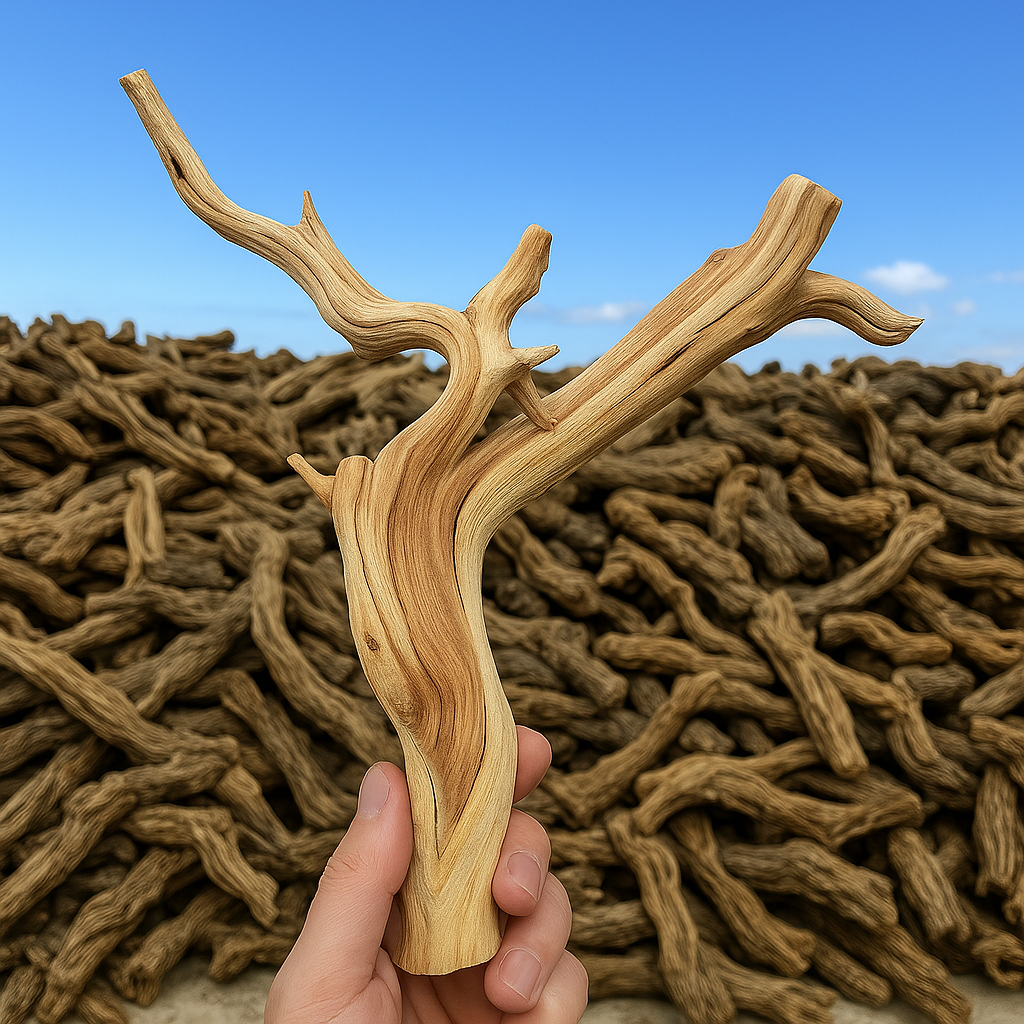
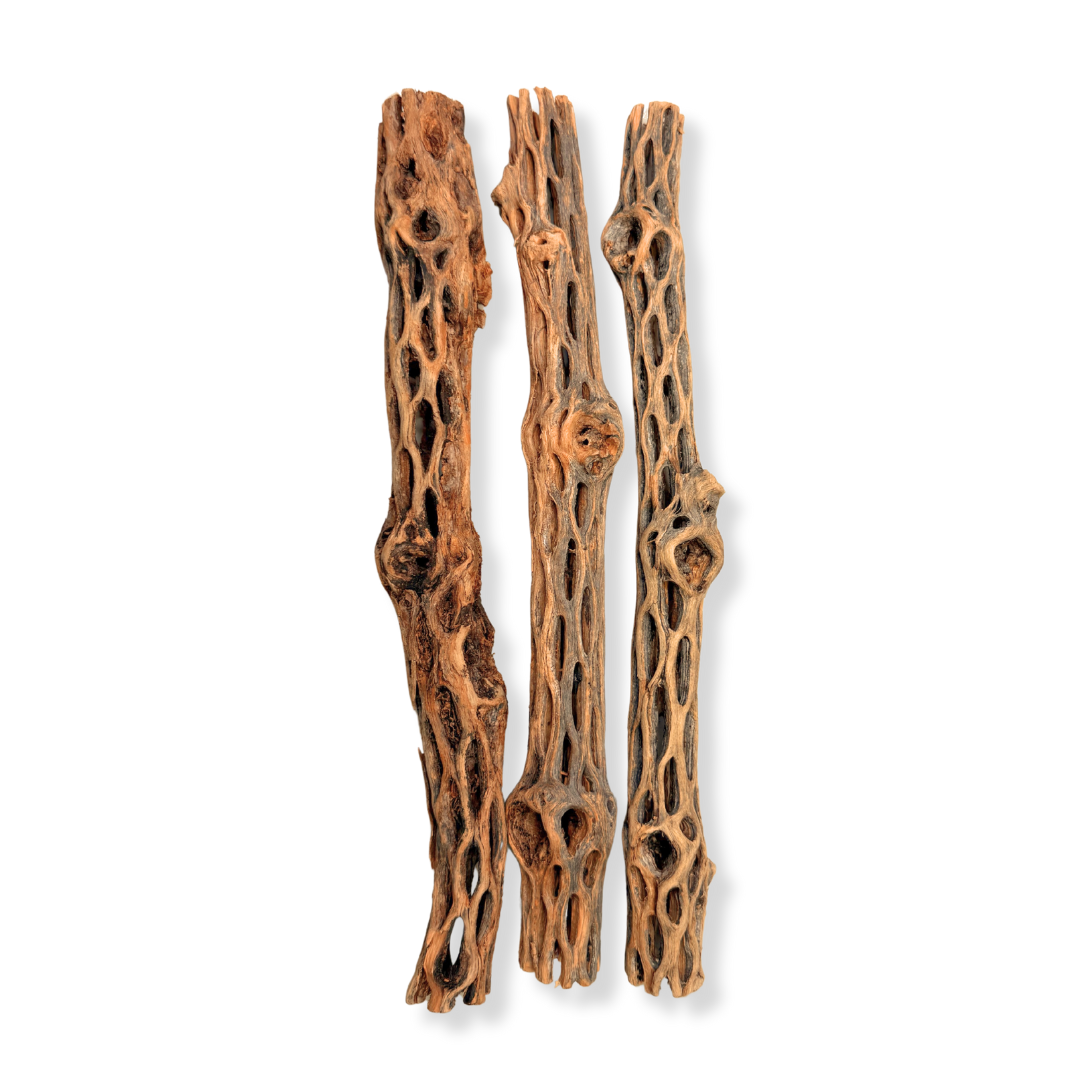
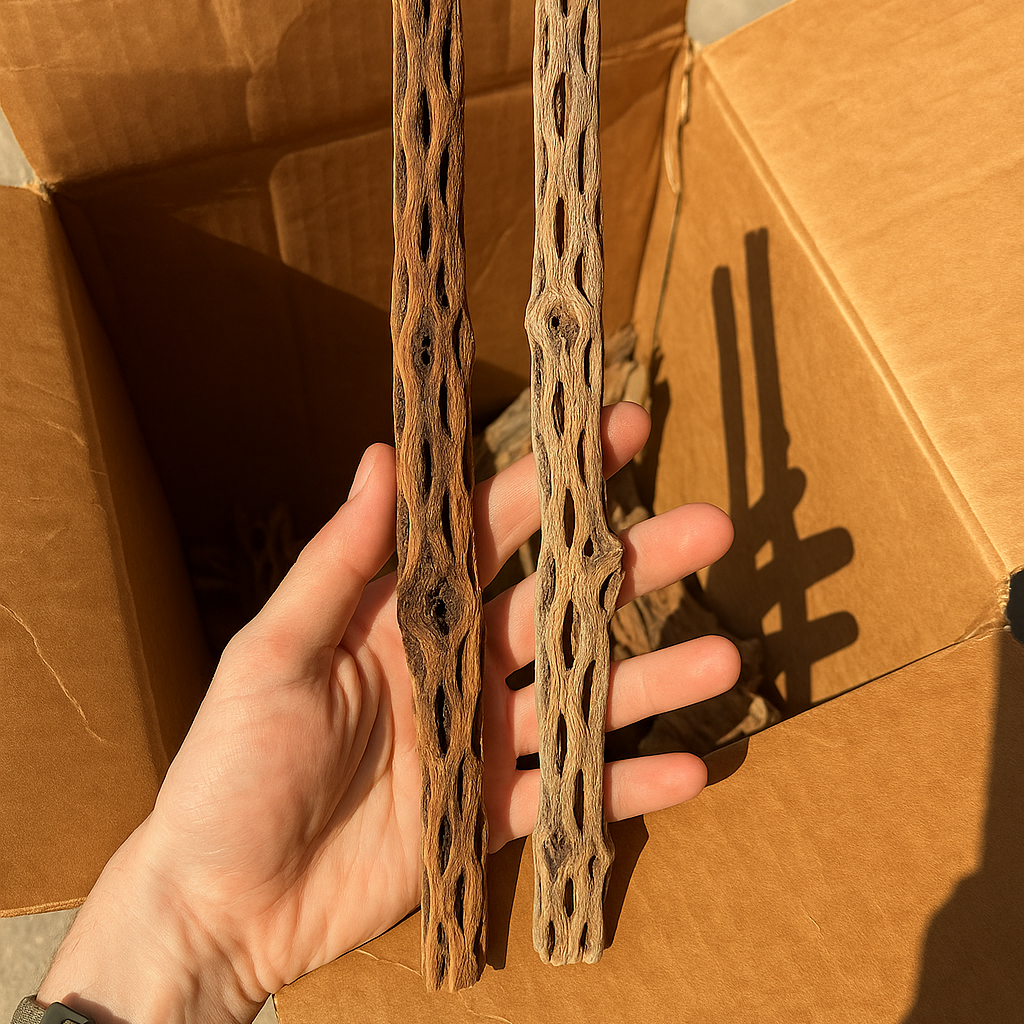
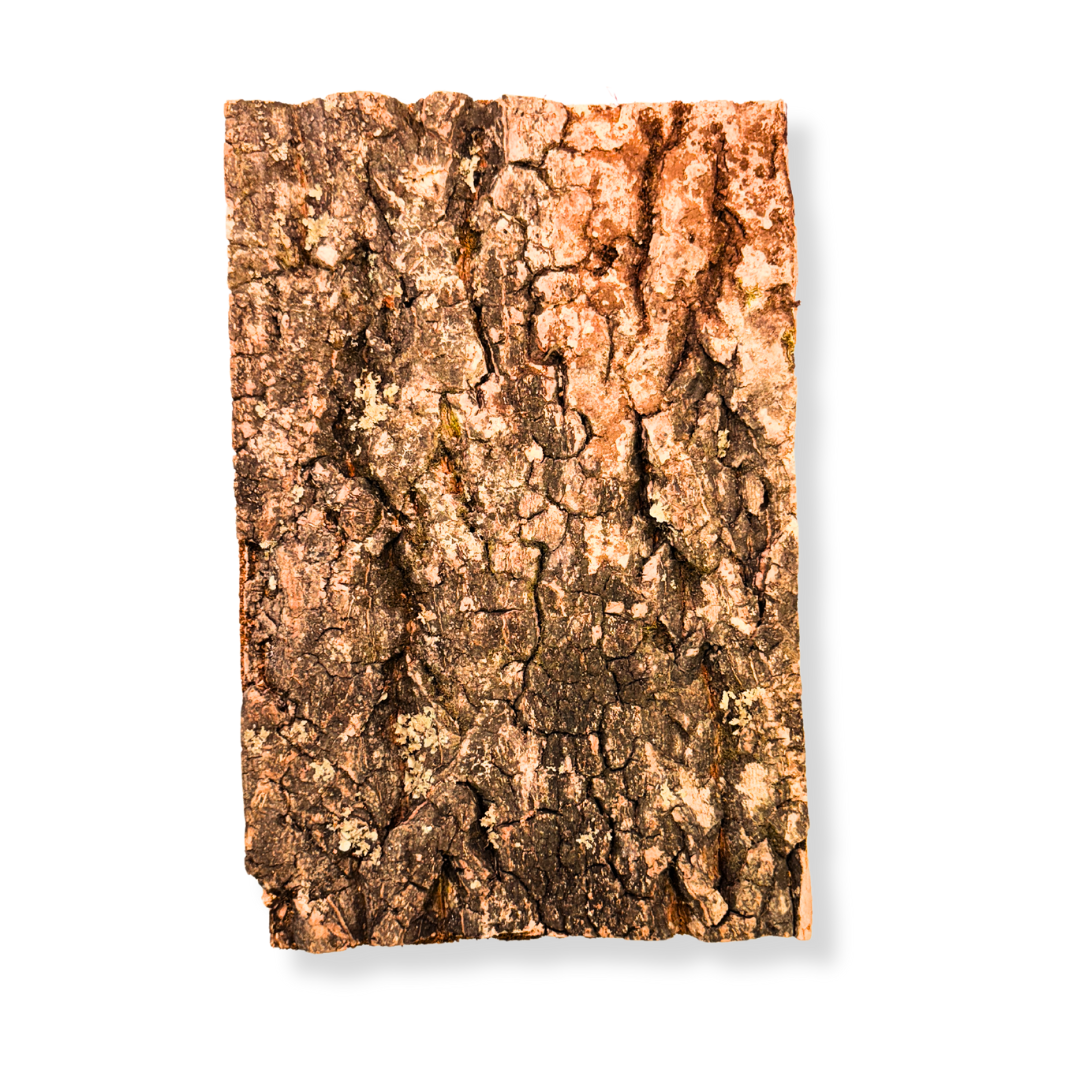
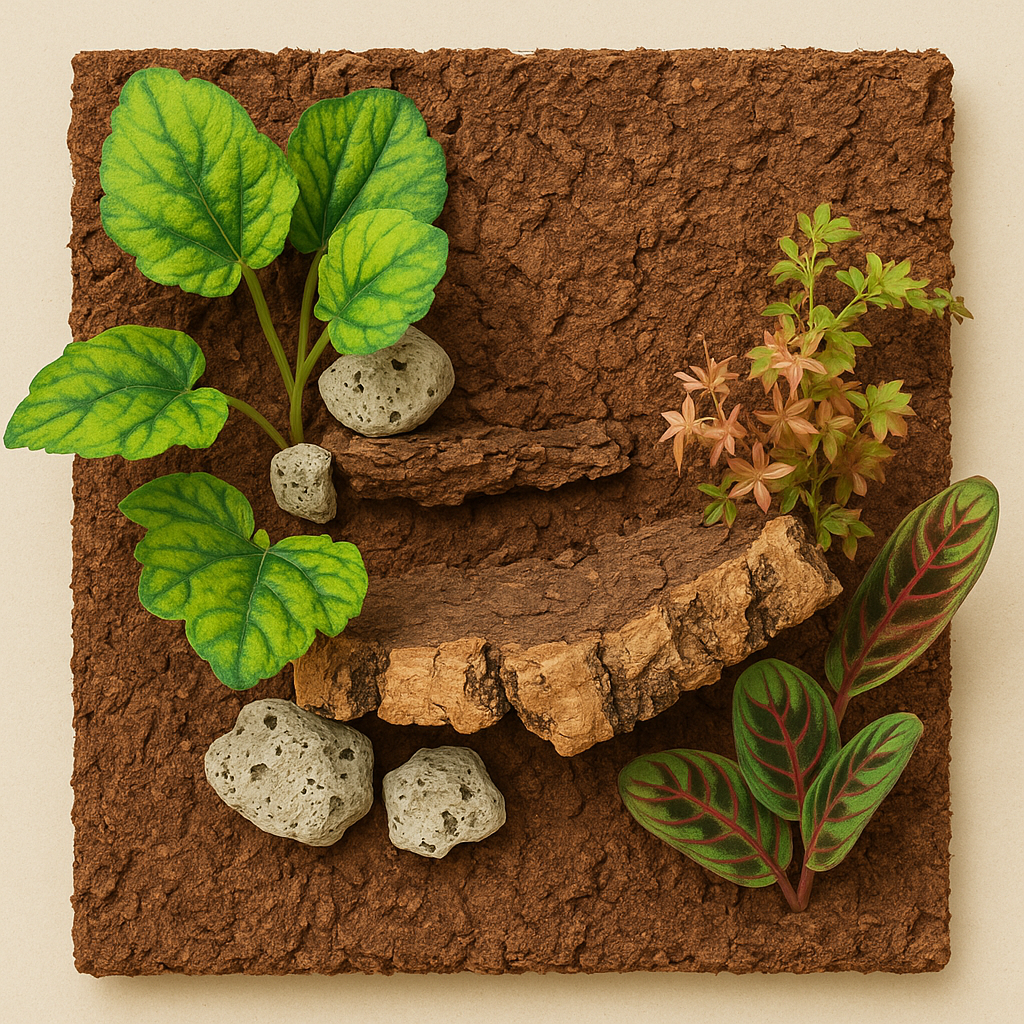


Leave a comment